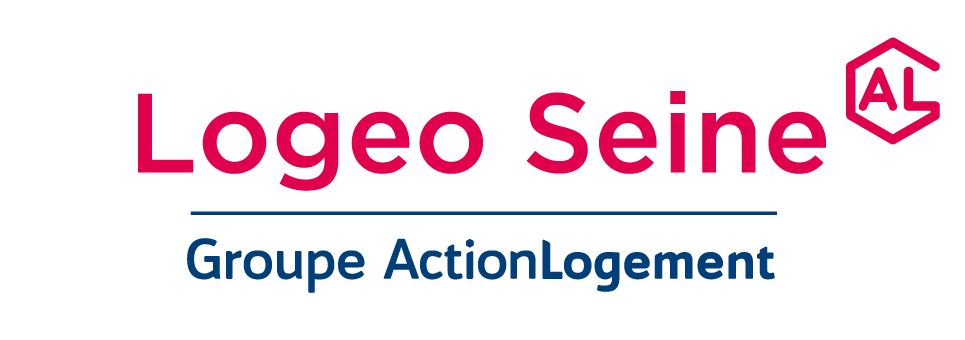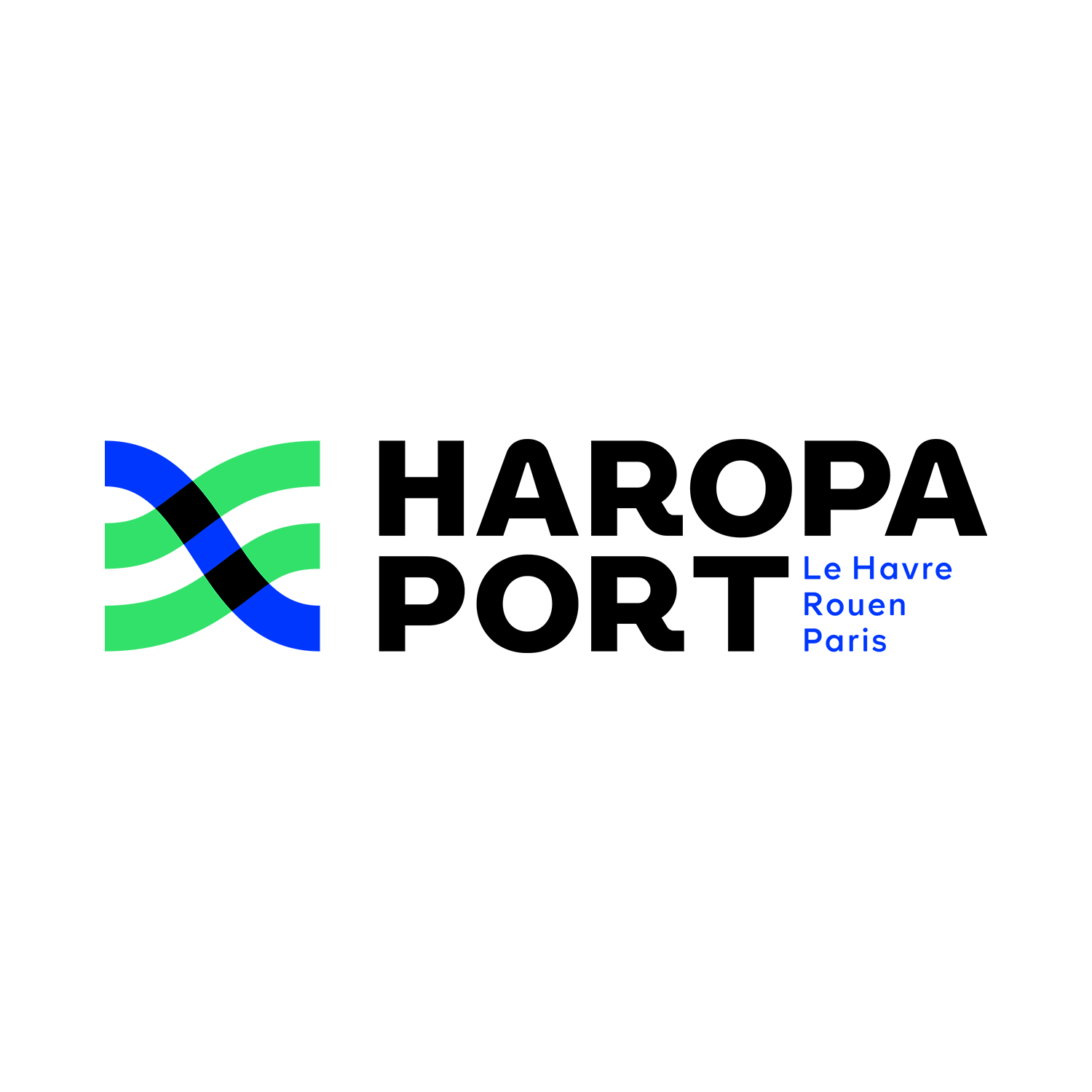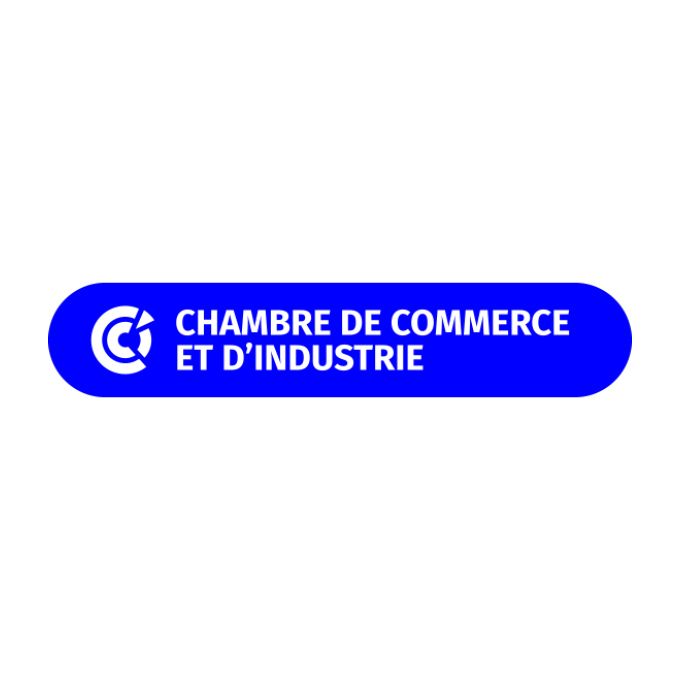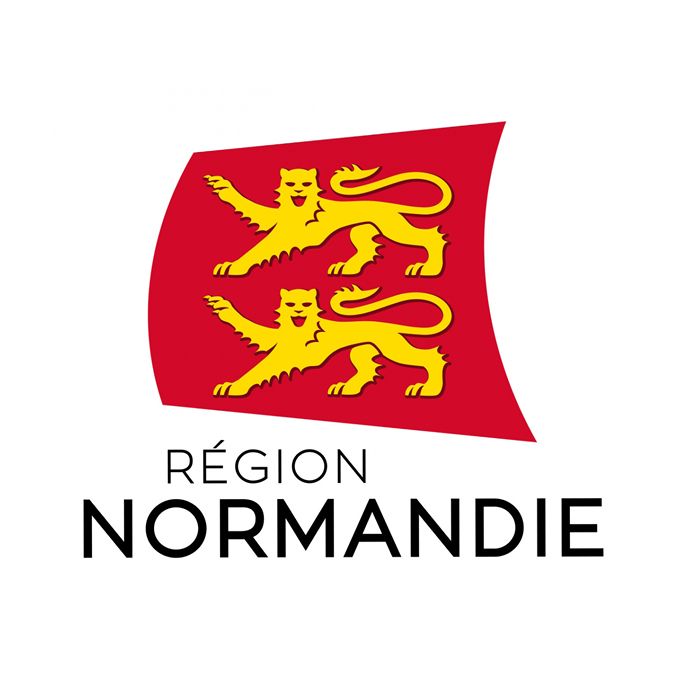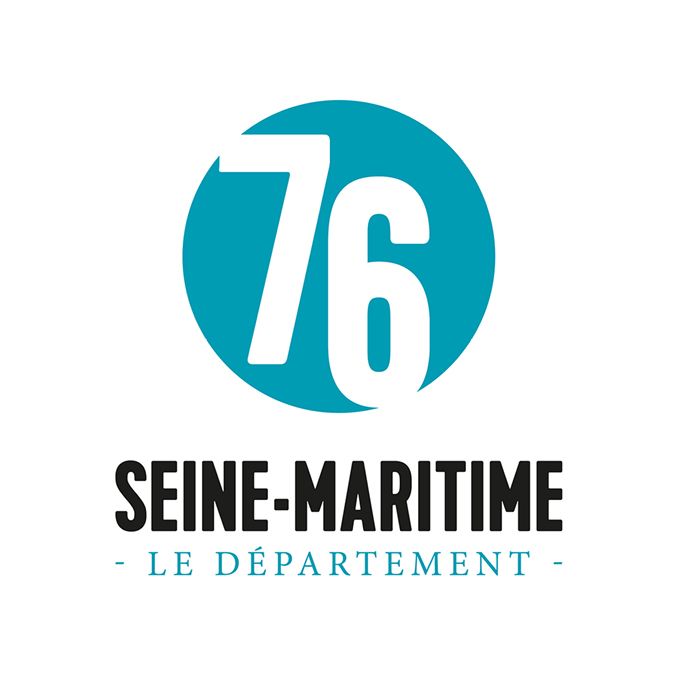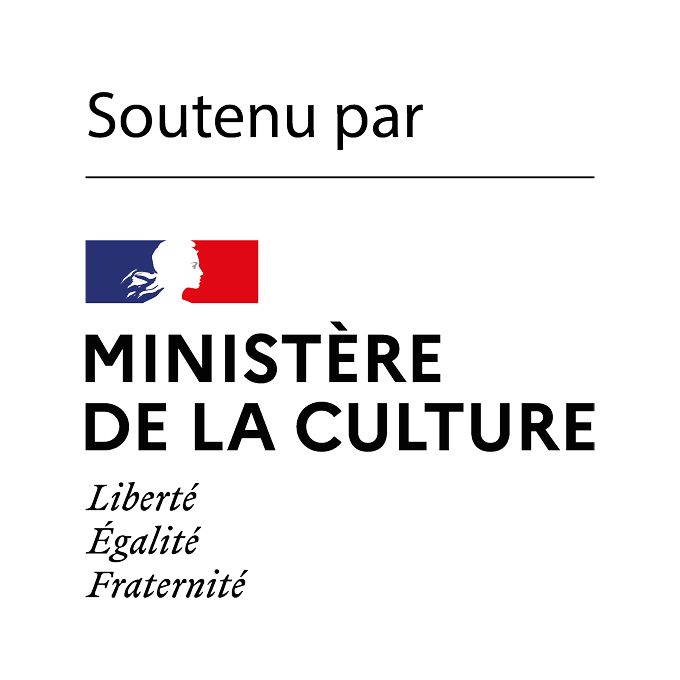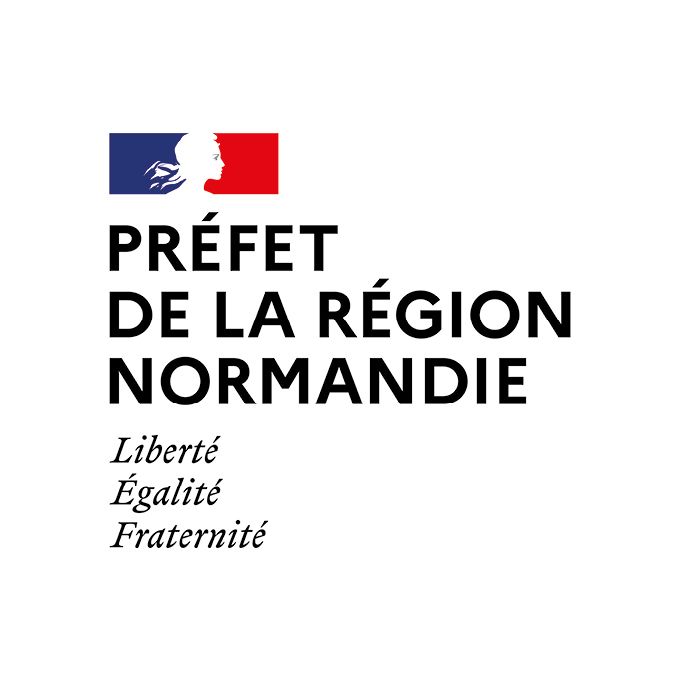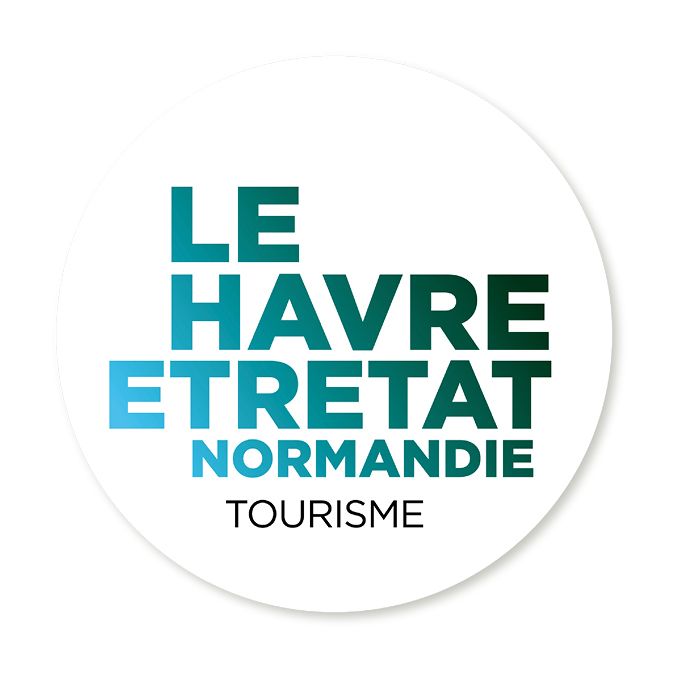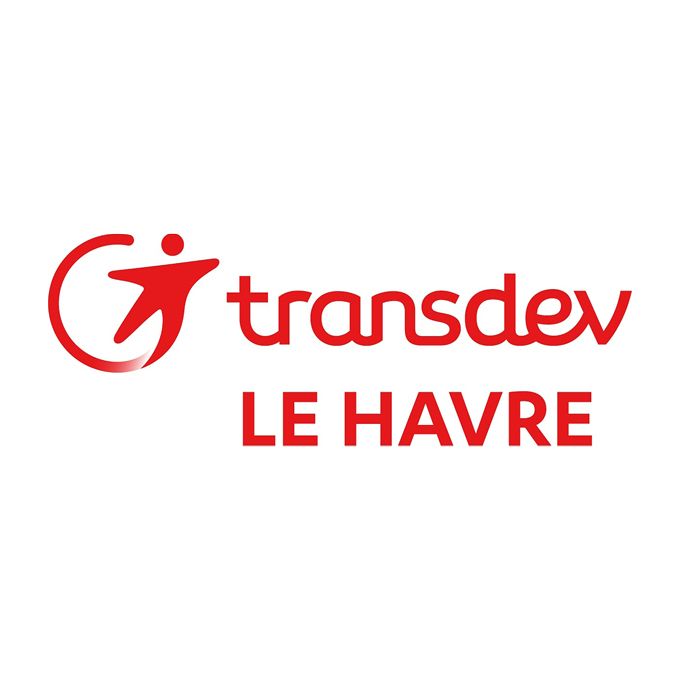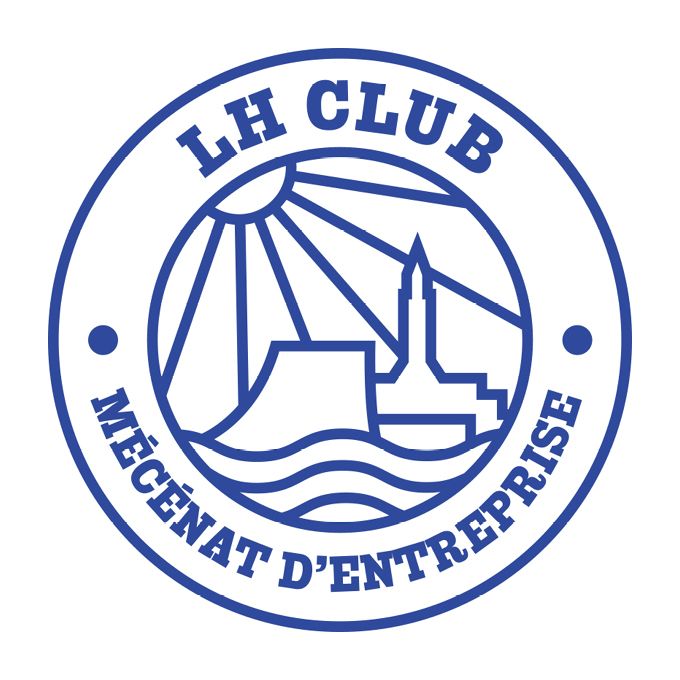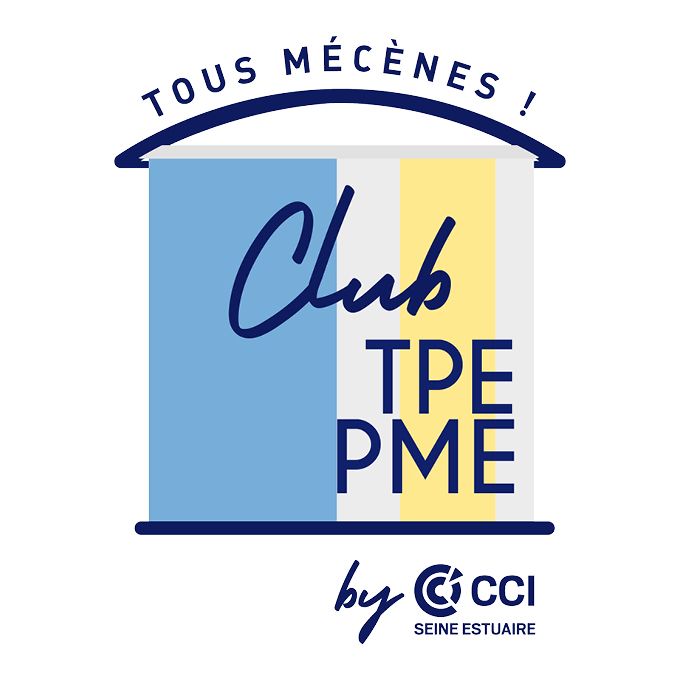Art in the city of tomorrow
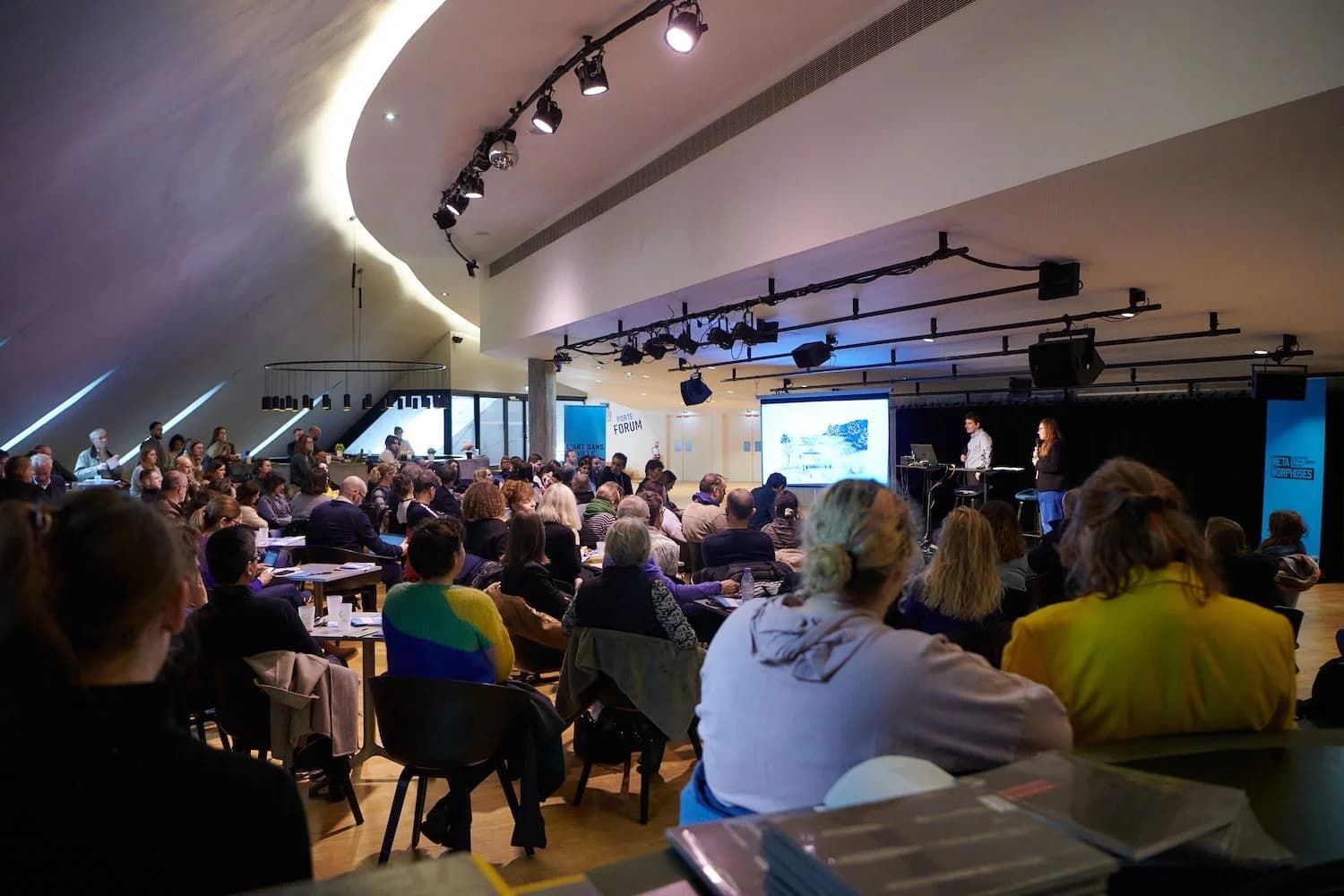
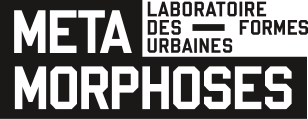
Métamorphoses of Un Été Au Havre is an annual meeting place for meetings and exchanges on the presence of art in the evolution and transformation of public space. In resonance with the summer program, Métamorphoses invites women and men artists, architects, decision-makers, researchers, designers... to share with the public their vision of the city of tomorrow and the evolution of today's. Based on analyses or presentations of completed, future or even utopian projects, each speaker presents his or her thoughts, actions and commitment, in a format that does not exceed 30 minutes.
Anchored in Le Havre, Métamorphoses is a laboratory of urban forms where the city asserts itself as a fertile ground for new experiences.
Open to all audiences, subject to availability, Métamorphoses is a free event whose speeches can be found on the Un Été Au Havre website, as well as on social networks.
Stakeholders
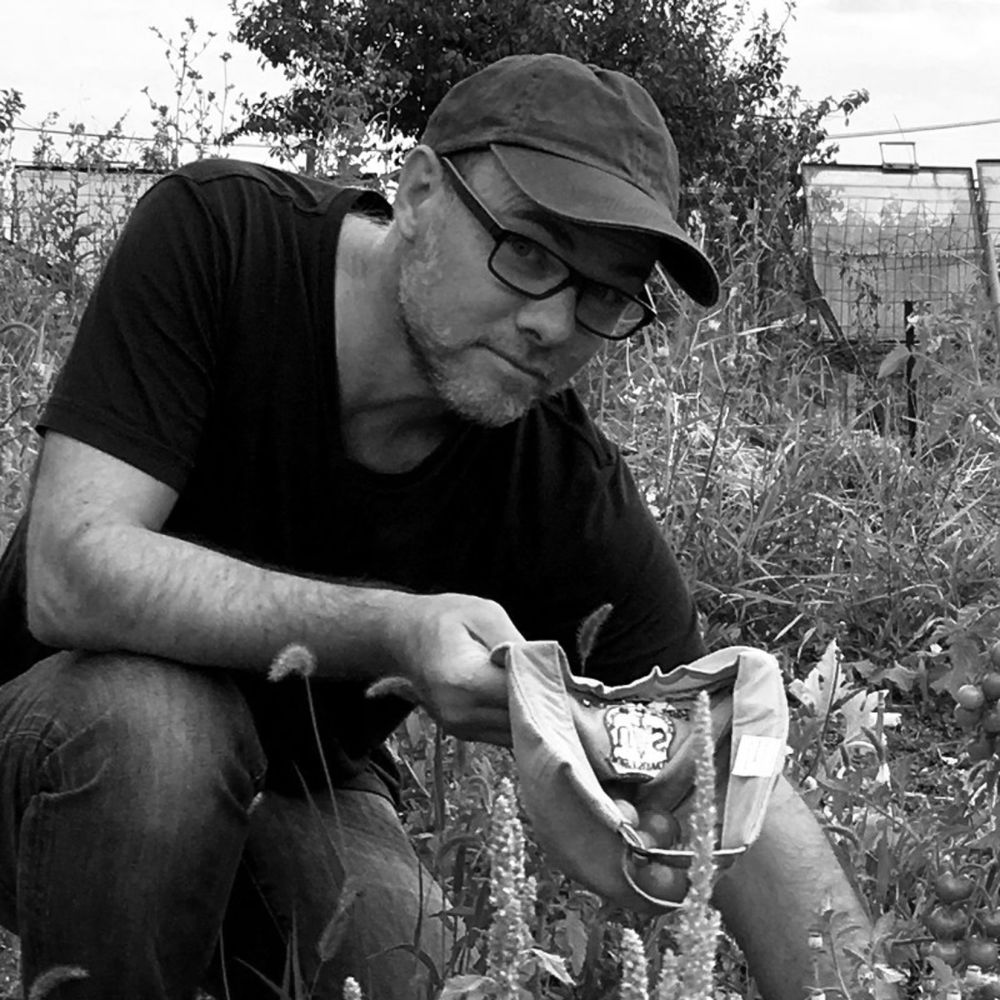
ANTOINE LAGNEAU
Our cities seem doomed to an inescapable standardisation, bathed in a controlled, normalised and consumer environment...> See more
Cultivating and creating poetic disorder at the heart of our urban worlds
Our cities seem doomed to an inescapable standardisation, bathed in a controlled, normalised and consumer environment. And yet, there are territories that sometimes escape the grip of political and economic powers. Wastelands, barren land, interstices... From these matrices embedded in our mineral worlds have sprung hip-hop and urban agriculture, as well as a host of artistic and social movements, cultivating a do-it-yourself spirit. Breaking with a certain urban order, poetic disorder flourishes, and certainly represents other ways of seeing and inhabiting the world.
Reseacher “Urban agriculture/fertile neighbourhoods” at ANRU
An associate researcher at the Interdisciplinary Research Laboratory “Sociétés, Sensibilités, Soin” (Societies, Sensibilities, Care) (LIR3S) at the University of Dijon-Burgundy, Lagneau’s areas of study are urban/peri-urban agriculture and the socio-ecological transition of territories, particularly in working-class neighbourhoods. He is also a visiting lecturer at the Institut Agro Dijon and in the Master 2 Science de l’Education programme at the Université Paris Cité, as well as in a number of Masters programmes in France.
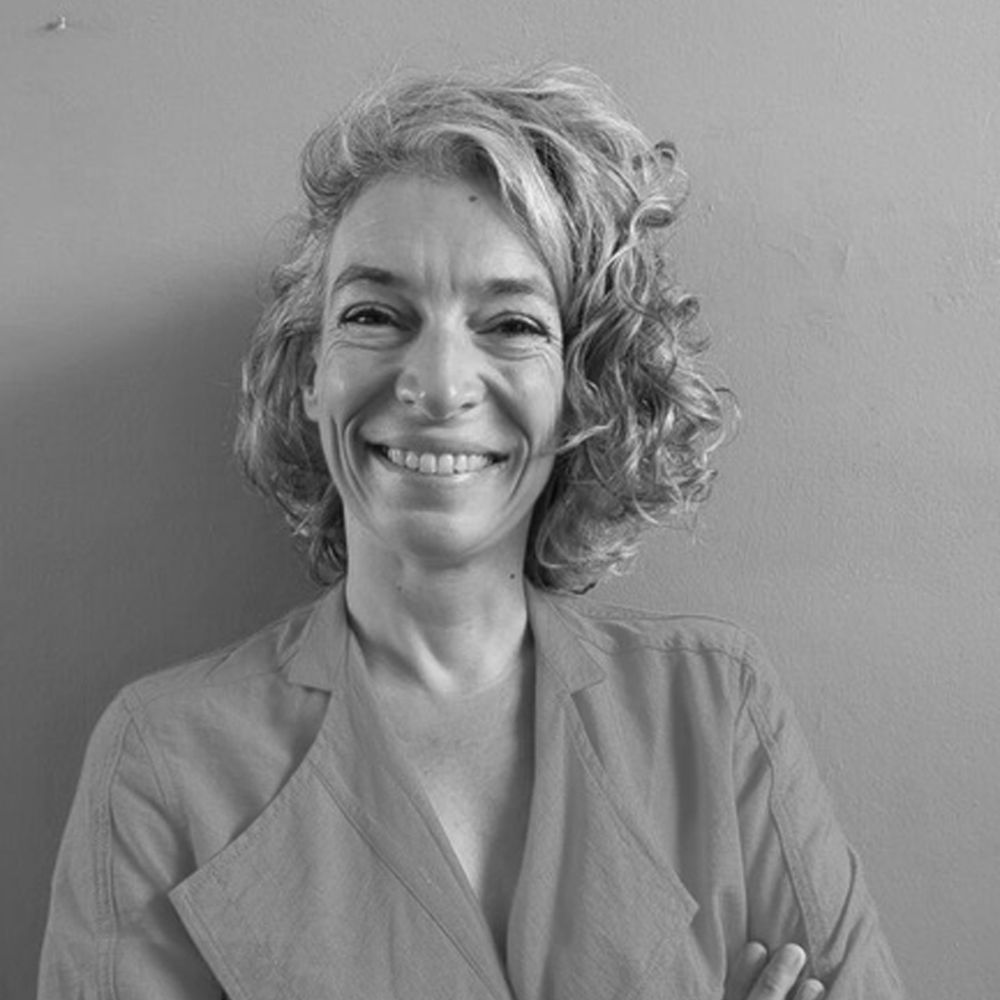
NOÉMIE BEHR
The Bureau des Guides brings together artist-walkers to work on the GR2013 hiking trail, which crosses 38 communes in...> See more
The Bureau des guides of GR2013
The Bureau des Guides brings together artist-walkers to work on the GR2013 hiking trail, which crosses 38 communes in the Aix-Marseille Provence Metropolitan Area over a distance of more than 365 km. Through various projects and activities such as walking in suburban areas and artistic exploration, developing a shared knowledge of places, the walkers explore the idea that storytelling can be a possible basis for building community and inhabiting our territory.
Responsible for supporting and developing the administration of the Bureau des Guides
After a career in documentary film at FIDMarseille and with her production company Exocorpus, and having worked to support the performing arts at the regional agency Arsud, Noémie Behr joined the Bureau des Guides du GR2013 in 2020. She works on projects that are not only off-site, but also outside the box, with public policies in the Greater Marseille area (culture, transition, landscape, agriculture, social action, etc.).
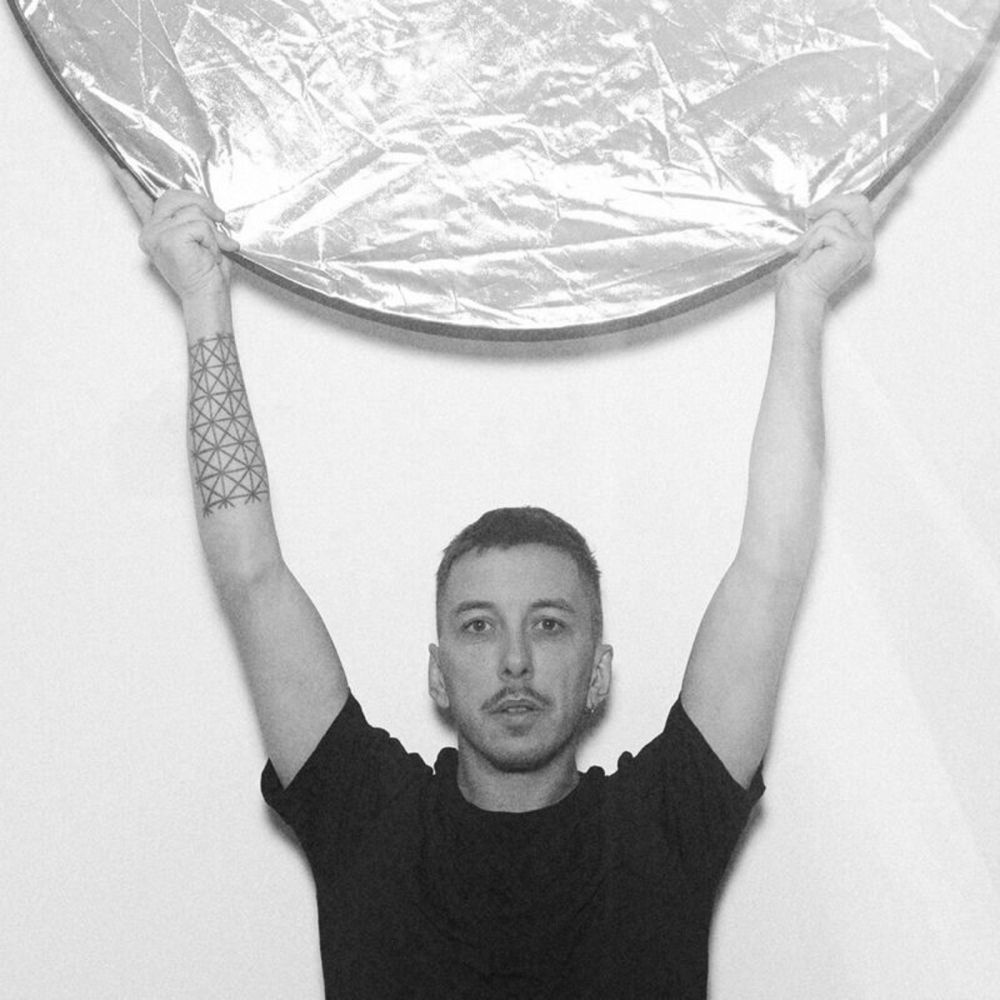
GUILLAUME AUBRY
Guillaume Aubry will be presenting a selection of recently completed projects that combine his expertise and experience as an...> See more
Landscape, from the intimate to the collective
Guillaume Aubry will be presenting a selection of recently completed projects that combine his expertise and experience as an architect and scenographer with his artistic, theoretical and visual research. He will focus in particular on our collective and intimate relationship with the landscape.
Artist and architect
Guillaume Aubry was born in 1982. He lives and works in Paris and in Normandy. He trained as an architect, graduating from the University of Tokyo (with a Master’s degree) and the École Nationale Supérieure d’Architecture de Paris - La Villette (DPLG). Co-founder of the Freaks architecture and scenography firm, he is also a visual artist and researcher, with a degree from the Beaux-Arts de Paris (La Seine post-graduate diploma) and a doctorate in art (Radian programme).
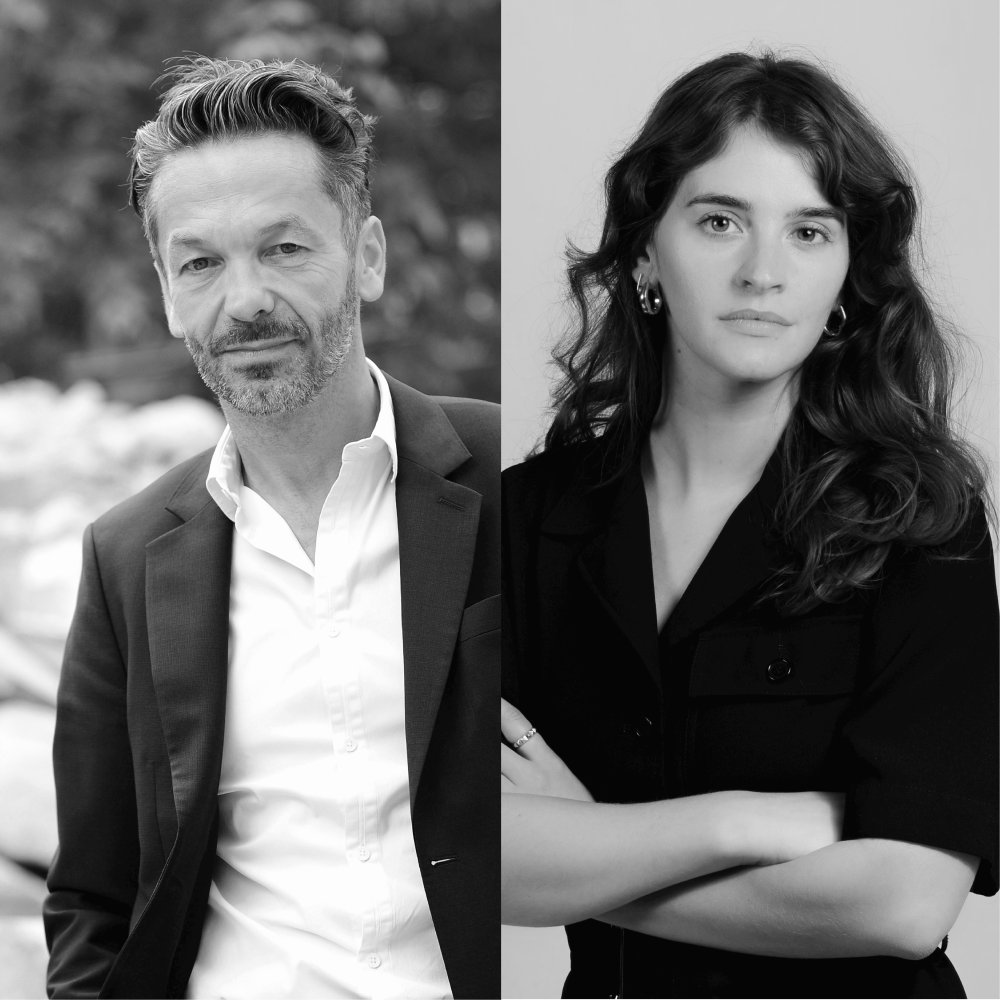
EMMANUEL TIBLOUX & ARIANE BRIOIST
Design des Territoires is a national programme in France dedicated to using design to support local and regional authorities...> See more
Design des Territoires
Design des Territoires is a national programme in France dedicated to using design to support local and regional authorities. It operates on the principle of responding to issues specific to the environments in which it is deployed, in close collaboration with local stakeholders. Created in 2021 by the Ecole des Arts Décoratifs (Paris Sciences & Lettres) in response to a feeling that cultural policies were being abandoned, the programme is being developed under the impetus of the French Ministry of Culture, in six field schools covering six types of environment, from forestry to urban, mountainous to coastal.
Director of the École Nationale Supérieure des Arts Décoratifs (ENSAD)
A former student at the École Normale Supérieure, Emmanuel Tibloux was previously a teacher-researcher at the University of Rennes 2, then director of the Bilbao Institut Français, the Valence Ecole Supérieure d’Art et Design, the Saint-Etienne Ecole Supérieure d’Art et Design and the Lyon Ecole Nationale Supérieure des Beaux-Arts. He was also president of the ANdEA (French Association of Art Schools) between 2009 and 2017
Project Manager at the École Nationale Supérieure des Arts Décoratifs
Graduated of the School of Public Affairs at Sciences Po, Ariane Brioist combines a critical and sensitive approach, having worked on cultural policy issues for local authorities, public institutions and public interest bodies. Since 2022, she has been leading and coordinating the roll-out of the Territorial Design programme at the Ecole des Arts Décoratifs, with the aim of training today’s designers to meet the challenges of the future, while at the same time overhauling the principles and tools of territorial public action.
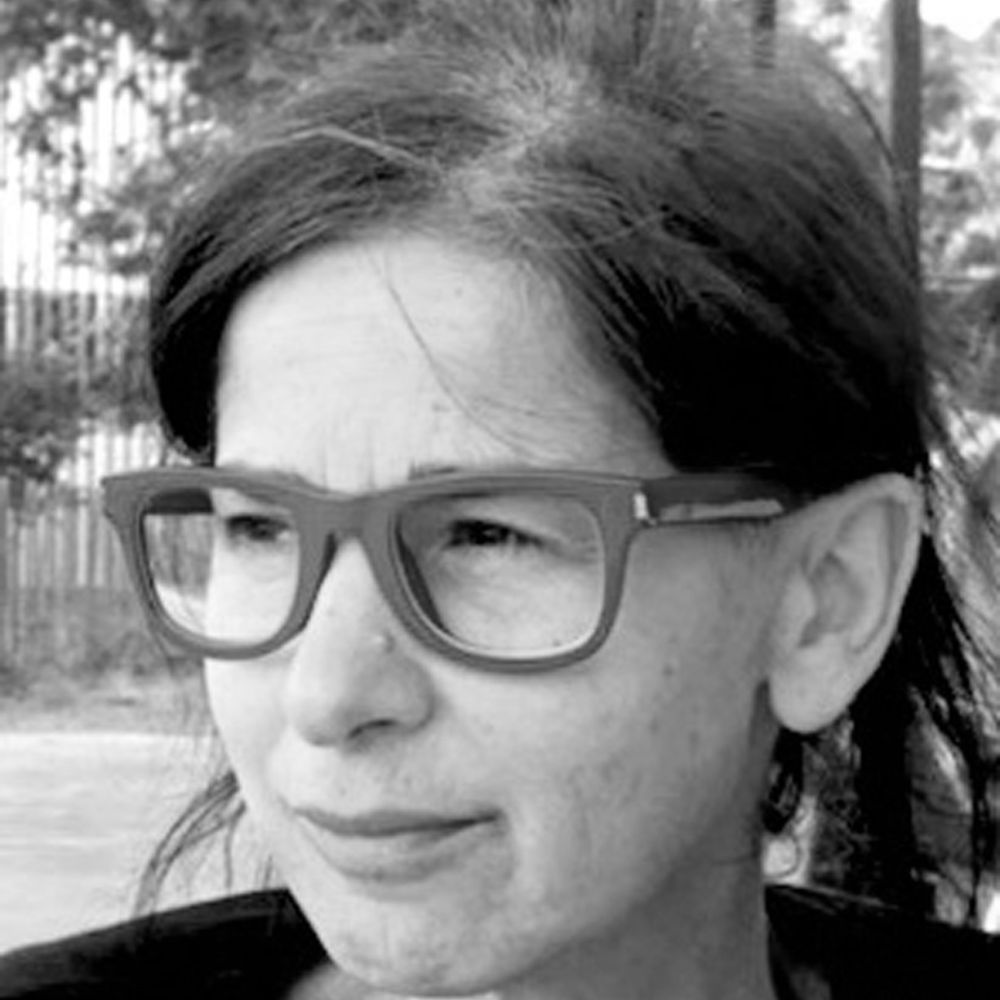
ANTONELLA TUFANO
Although the presence of women in the architectural and urban professions is a sociological subject that has been well...> See more
Observing and creating the city through the lens of gender
Although the presence of women in the architectural and urban professions is a sociological subject that has been well addressed and necessary, what about the city and architecture from a gender perspective? Can gender be reduced to the categories of people who use the city, or is it a lens through which we can observe and create the urban environment in new ways? For the past three years, we have been asking this question of the speakers at the “City through the Lens of Gender” series at the Cité de l’Architecture and, by working with architects, town planners, project managers, artists and organisations, we are looking at how this urban transformation can be put into practice in the 21st century.
Architect and town planner
Antonella Tufano is a professor at the University of Paris 1-Panthéon Sorbonne, attached to the ACTE research team, where she co-directs the Design, Arts, Media research area and is co-scientific director of the EFF&T-Experimenter, Faire, Fabriquer, Transmettre Chair (French Ministry of Culture). She holds a doctorate from the EHESS, with a thesis on the construction of landscapes, and has taught in architecture schools, after having been a Professor of Design in art and design schools run by the French Ministry of Culture. Since 2022, in collaboration with Fiona Meadows, she has been organising a series entitled “The City through the Lens of Gender” at the Cité de l’Architecture.
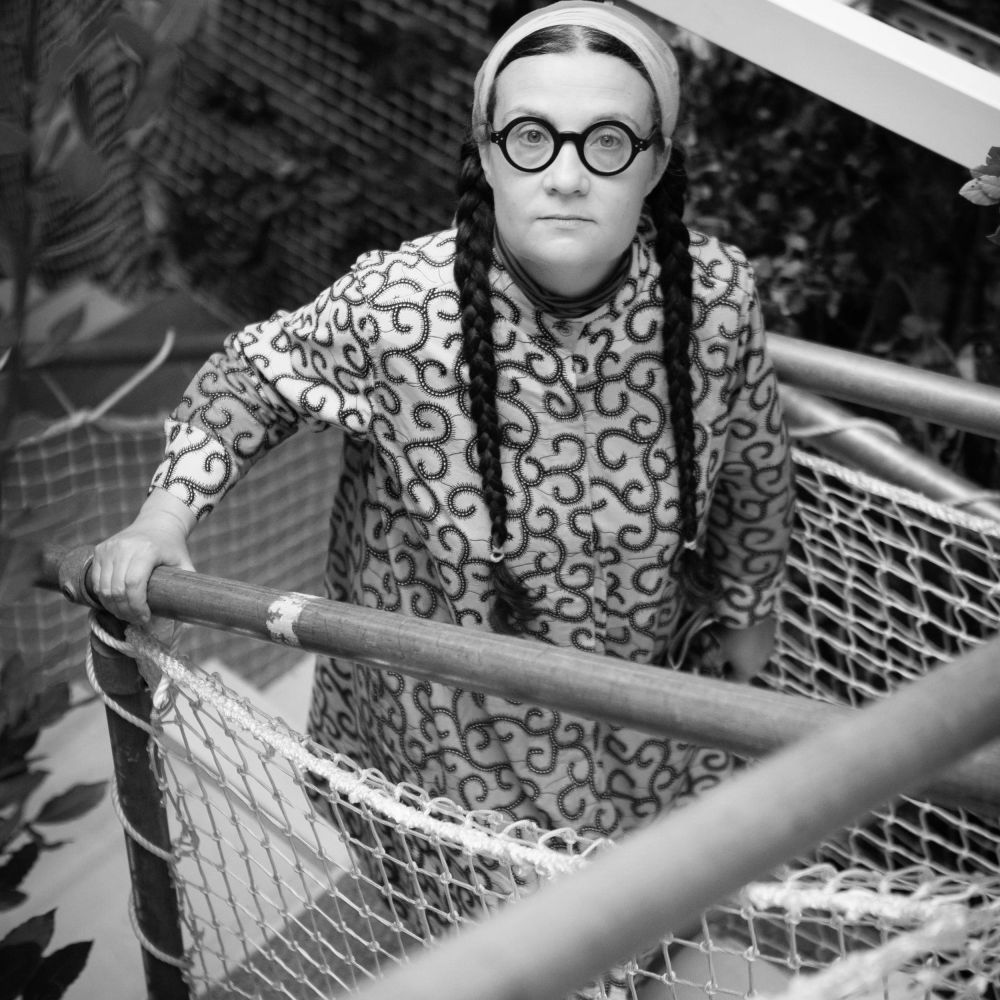
FIONA MEADOWS
Mini Maousse is a micro-architecture competition created 20 years ago by the Cité de l’Architecture. Each year, a new...> See more
Mini Maousse, micro-architecture competition
Mini Maousse is a micro-architecture competition created 20 years ago by the Cité de l’Architecture. Each year, a new generation of students, architects, landscape architects, artists and designers responds to a societal issue. The aim is to demonstrate that small-scale architecture can have a major impact and transform urban practices. The competition also explores the possibility that a hybrid object - at the crossroads of architecture and furniture - can transform public space and the everyday practices of city dwellers. A little architecture can go a long way!
Architect, Teacher, Artistic Director
Fiona Meadows, registered architect (DPLG), has taught at the Ecole Supérieure Nationale d’Architecture de Paris La Villette since 1994. She has been in charge of programmes at Ifa/Cité de l’Architecture et du Patrimoine since 1999, focusing on two themes: small-scale architecture and the laboratory for Africa. Fiona Meadows is also an exhibition curator (Les Maisons du Bonheur, Kinshasa Chronique, Et Vogue l’Architecture, Quand la Ville se Prend aux Jeux).
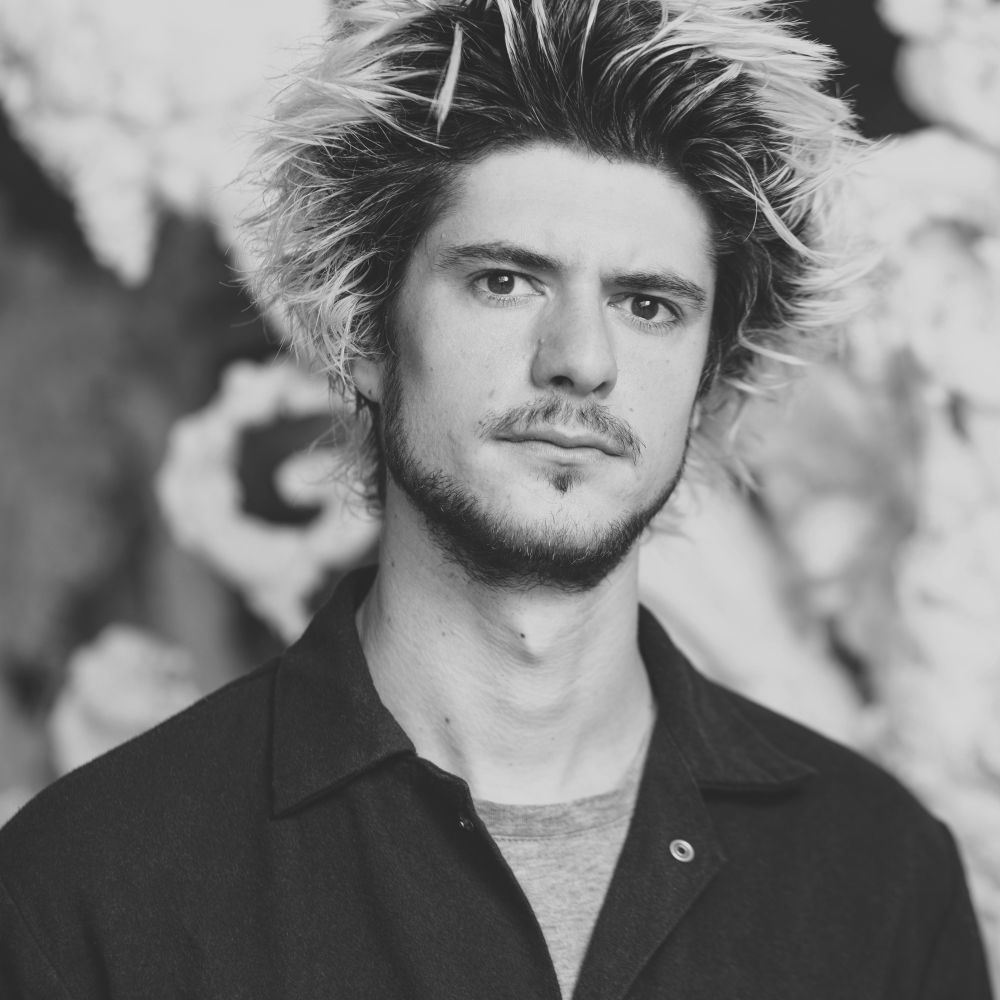
NELSON PERNISCO
Nelson Pernisco has established a dialogue between the history of the Wonder Collective (2013 to present) and the working-class...> See more
Wonder, from factory to workshop
Nelson Pernisco has established a dialogue between the history of the Wonder Collective (2013 to present) and the working-class past of the Wonder battery factories (1914-1988). The aim is to explore how the players in these two stories, each in their own way, shared a collective experience of work and struggle, despite their different aims and contexts. Through this reflection, the artist aims to show how these intertwined stories have nourished and shaped his artistic practice over the last ten years.
Fine artist
Born in 1993 in Paris, Nelson Pernisco graduated from the Arts Décoratifs de Paris in 2017 and is co-founder of the Wonder collective, created in 2013. He creates installations and sculptures that combine architecture, the organic and the industrial, exploring transformations of materials. His works, which oscillate between poetic realism and fantasy, question the vestiges of our thermo-industrial civilisation by cultivating hybrid landscapes that are both mineral and living.
This event is organized in partnership with the Volcano and supported by Logeo Seine and La Grande Ecole.
The program for January 30th, 2025 below:
Download the program in PDF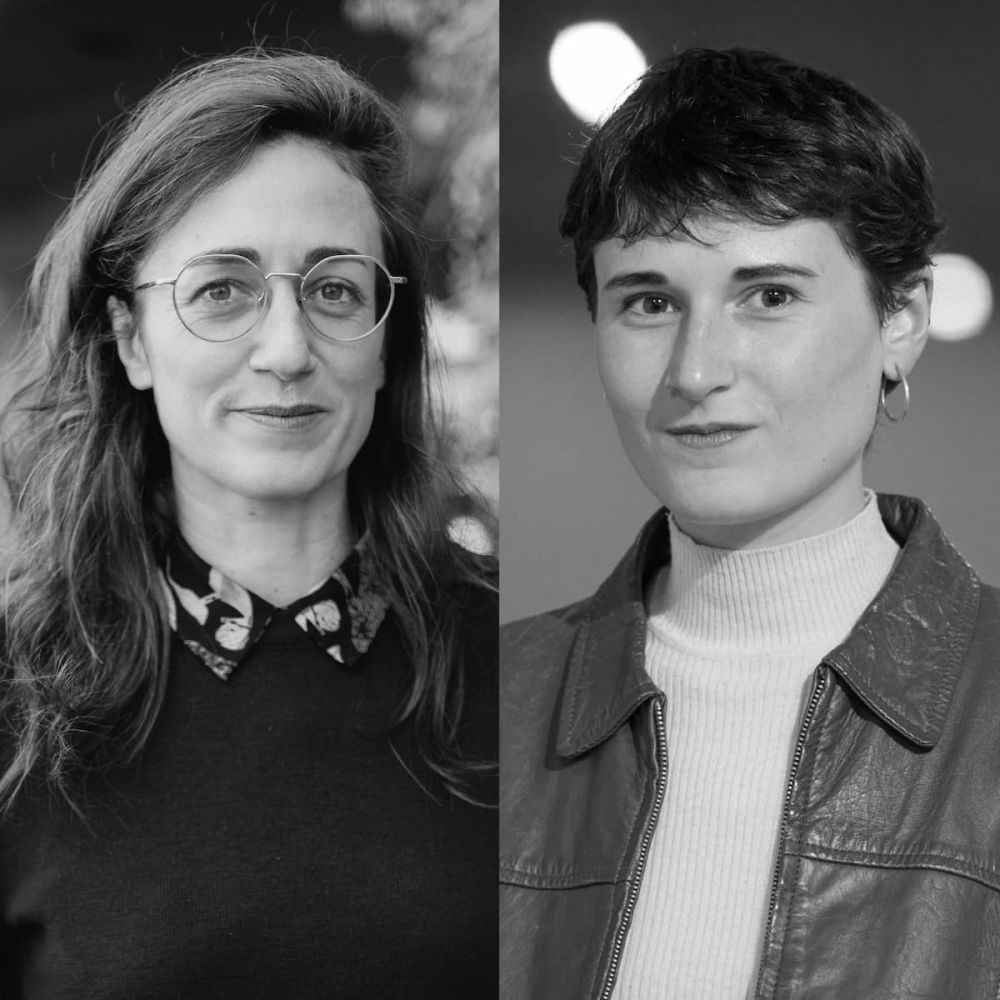
ORIANE DURAND AND CÉCILE GAUDARD
In 2023, as part of the “Perspektive” fund, the Office of Visual Arts is launching an architectural ideas competition aimed at young architects and urban planners.... > See more
The village of tomorrow
In 2023, as part of the “Perspektive” fund, the Office of Visual Arts is launching an architectural ideas competition aimed at young architects and urban planners living in Germany or France. For its first edition entitled GROWING VILLAGES – The future is not metropolitan, candidates were invited to design the village of today, or of the future. How can we think about the village of tomorrow by integrating environmental, cultural, economic and even mobility issues without reproducing the construction errors of large cities? As winner of the competition, Cécile Gaudard put forward a reappropriation of a mountain landscape modified by the Anthropocene era, adapting a ski resort into a place of cheese production.
Head of the Office of Visual Arts, Berlin
Curator and author, Oriane Durand is head of the Office of Visual Arts at the French Institute in Germany. Having existed in Germany since 1996, the Office of Visual Arts raises awareness among the general public and supports players in the art world (institutional and sales) about contemporary French creation in the fields of visual arts and architecture. It also supports French exhibition curators through the Young Curators programme.
Architect and designer
Cécile Gaudard is an architect and designer who recently graduated from ENSA Paris-Malaquais. In 2023, her project The Caretakers – An exploration on a traumatized landscapes won first prize in the GROWING VILLAGES – The Future is not Metropolitan ideas competition, awarded by the PERSPEKTIVE 2023 fund and the team from the Office of Visual Arts of the French Institute.
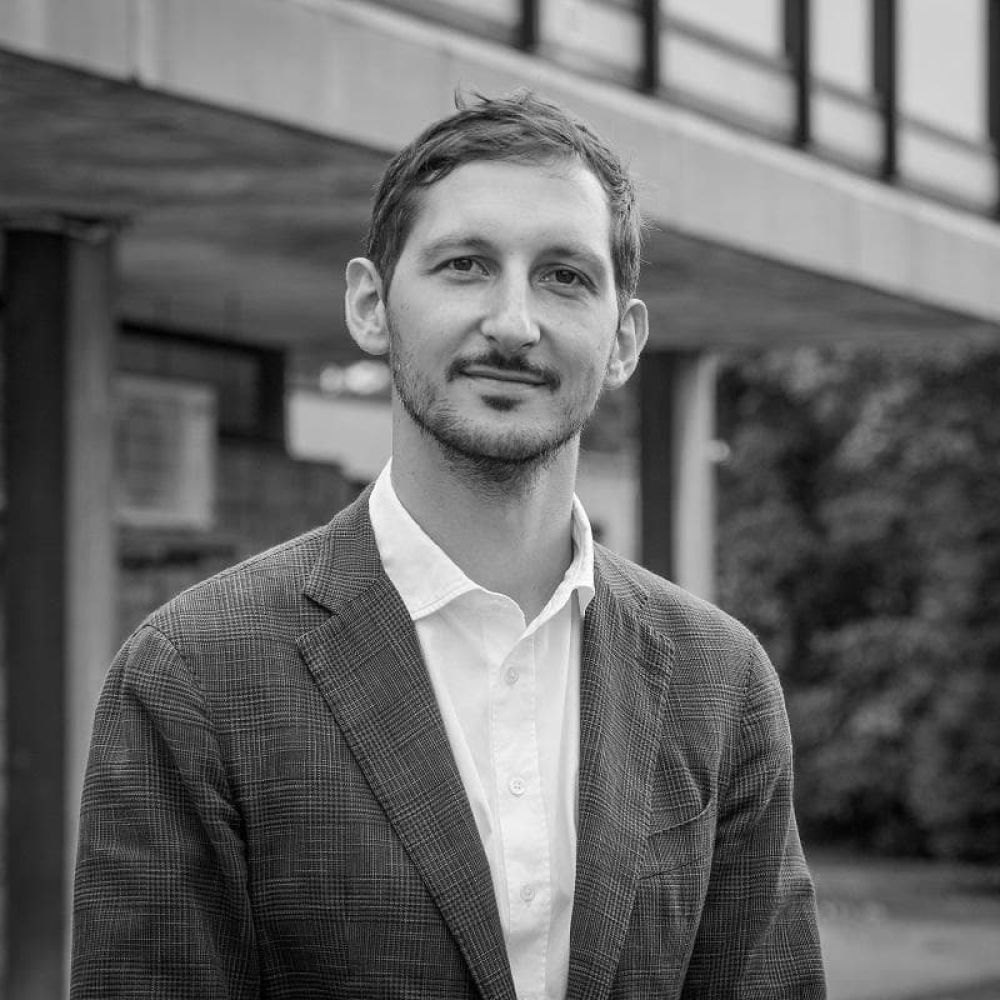
MAX YVETOT
Why does such a major port back onto a relatively medium-sized city? Where does this dichotomy originate ? > See more
The dilemmas of Le Havre
Why does such a major port back onto a relatively medium-sized city? Where does this dichotomy originate? Exploring Le Havre's dilemmas is an opportunity to reflect on the Le Havre conurbation, its specific features as well as its paradoxes, to try to define its characteristics, role and perhaps its spirit.
Max Yvetot is General Manager of AURH (Le Havre Estuaire de la Seine Urban Planning Agency). A former student of the Ecole Normale Supérieure de Lyon in geography and graduate of the London School of Economics in urban planning, he has notably worked for Greater London, Greater Paris, as well as at the urban strategy consulting agency Strelka KB, in Moscow.
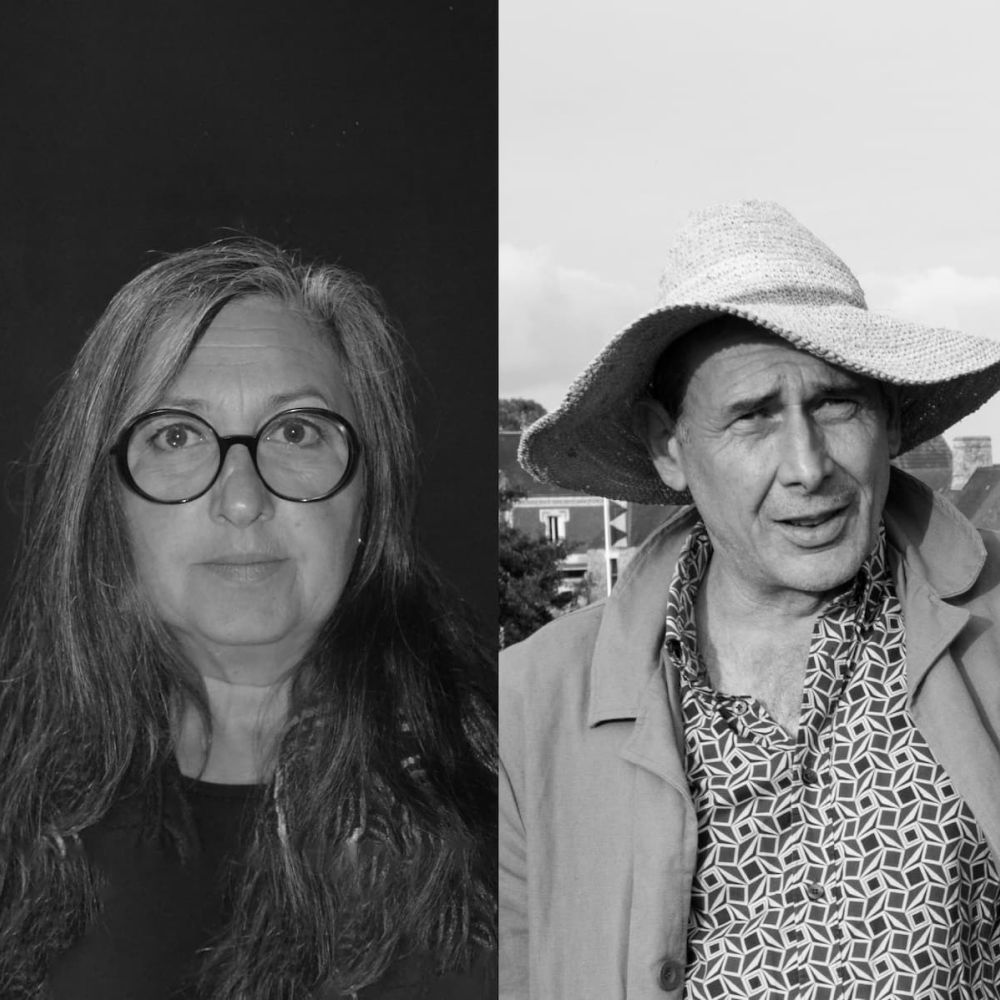
DOROTHÉE NAVARRE AND MARC VATINEL
The association Les Gens des Lieux is based on an experimental approach which aims to open up the field of possibilities... > See more
Les Gens des lieux
The association Les Gens des Lieux is based on an experimental approach which aims to open up the field of possibilities through temporary architectural and landscape installations allowing people to experience places differently. These interventions - all from Le Havre - seek to highlight the quality of spaces that have become invisible and offer residents the opportunity to invent new stories over the course of a season. (GENIUS projects in partnership with Maison de l’Architecture de Normandie - le Forum)
Architect and landscape planner
An architect and member of the Board of Directors of Maison de l’Architecture de Normandie-le Forum, Dorothée Navarre Vatinel is also president of the association Les Gens des Lieux. This collective of Le Havre architects, town planners and landscape planners working within various professional structures, shares the common desire to come together around extraordinary adventures and fully commit, for the duration of an event, to design and create temporary installations in situ.
Gardener
Marc Vatinel defines himself as a “gardener”, a gardener who practises a specific art: the art of gardens. He created the Pré Carré workshop - both a landscape agency and team of gardeners - with which he designs gardens wherever it’s not a question of "fighting against" but rather "doing with"; where the very idea of a “finished” garden is a contradiction.
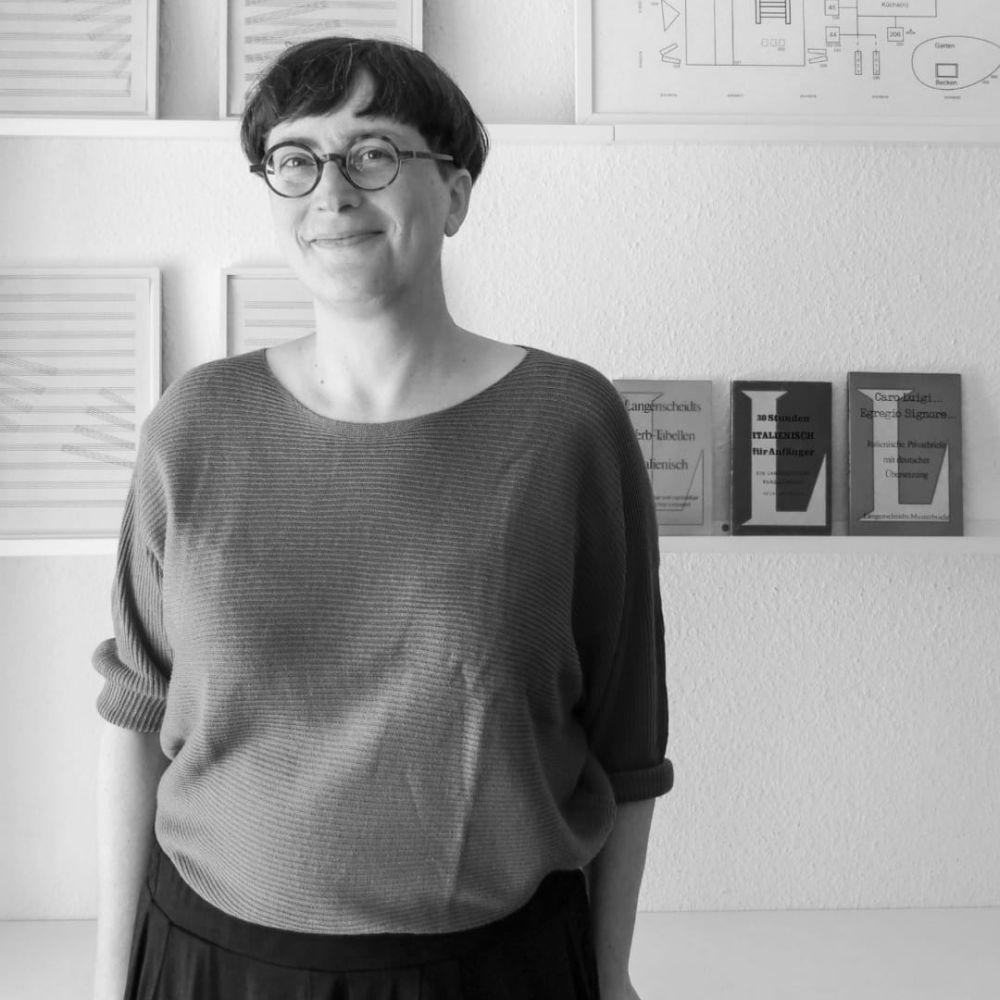
MARIE-PIERRE BONNIOL
Experimental film allows a different approach to the city, active and engaged, through writing and fictionalising the space around you... > See more
Experimental film allows a different approach to the city
Experimental film allows a different approach to the city, active and engaged, through writing and fictionalising the space around you. Marie-Pierre Bonniol will present her programming project for Le Volcan based around experimental film, video art and childhood, as well as a selection of short films that can speak to all audiences about the city, its spaces, its use and representations through creation.
Artist and curator
Marie-Pierre Bonniol is an artist and curator. She has degrees in visual arts, aesthetics and art sciences, and works internationally. She is a visual arts curator associated with the Volcan Scène Nationale du Havre as part of the CURA system of the National Centre for Visual Arts. Her project focuses on experimental film, video art and childhood, with the introduction of programmes and workshops throughout the 24/25 season.
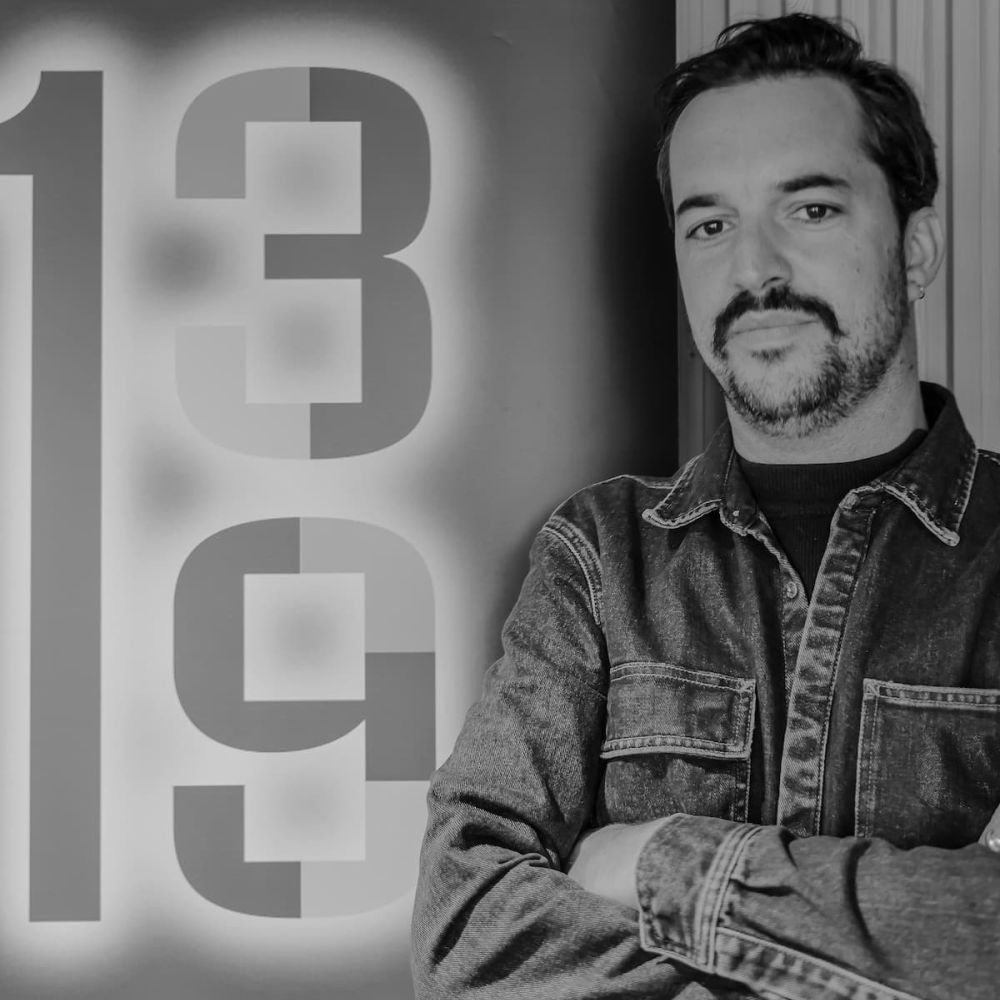
MAXENCE GOURDAULT-MONTAGNE
The city is a living object that resists the laws of planning. It evolves constantly, carried by the flow, rhythm and heartbeat of its inhabitants... > See more
The city factory
The city is a living object that resists the laws of planning. It evolves constantly, carried by the flow, rhythm and heartbeat of its inhabitants. It’s caught up in perpetual movement. But is living in the city really fulfilling? This question arises at a time when land scarcity invites us to re-examine what makes the city desirable.
Project Manager - Logeo Seine
After cutting his teeth at Bellevilloise (Paris), Maxence Gourdault-Montagne set up a consulting company - Les Apaches - and in association joined Logeo Seine, a social enterprise for housing of the Action Logement movement, a key player in the Seine axis. He works within the Supply Strategy Department of Logeo Seine on the design and assembly of new urban real estate projects that help improve the living experience.
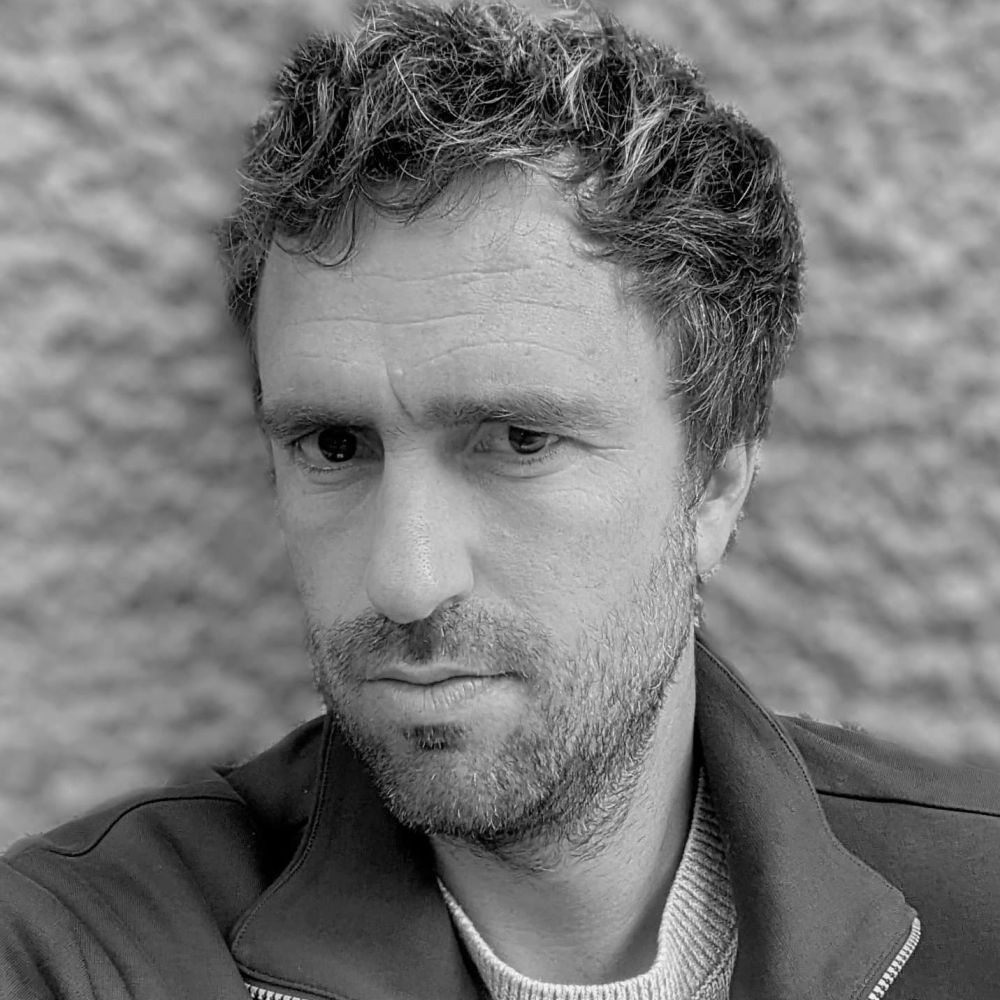
NICOLAS DÉTRIE
What if we lived in a less consumer-centric world? Yes We Camp brings together voluntary energy to open up living, inventive, supportive places... > See more
What if we lived in a less consumer-centric world ?
What if we lived in a less consumer-centric world? Yes We Camp brings together voluntary energy to open up living, inventive, supportive places. Co-founder and manager of this associative collective, Nicolas Détrie presents the commitments, method and most iconic projects of Yes We Camp, opening up to renewed intentions after their 10 years of existence.
Managing Director – Yes We Camp
Trained in town planning and urban economics, Nicolas Détrie is notably co-founder and managing director of Yes We Camp, an association which designs, implements and manages third places and transitional town planning projects. Since 2013, Yes We Camp has opened around fifteen hybrid locations, on built sites or outdoor areas, combining for each project, in conjunction with local partners, social, cultural, artisanal and entrepreneurial functions, as well as ecological, artistic and civic.
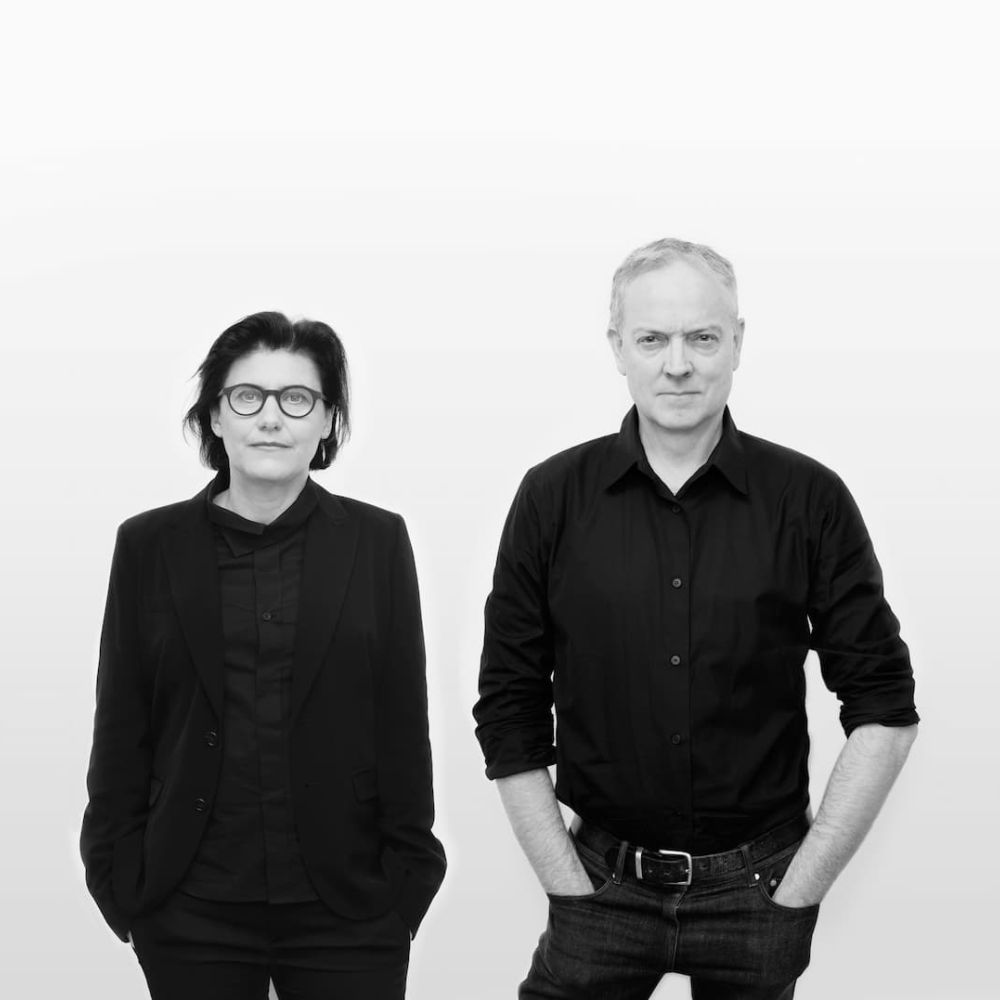
DOMINIQUE JAKOB AND BRENDAN MACFARLANE
Living Landscape is a mixed programming project launched by the City of Reykjavik in Iceland which is transforming the site of a former industrial landfill into an ecological district... > See more
Living Landscape
Living Landscape is a mixed programming project launched by the City of Reykjavik in Iceland which is transforming the site of a former industrial landfill into an ecological district. Built around the Icelandic landscape, the project contributes to the decontamination of a coastal site. Community House, the new heart of a changing fishing district in the coastal town of Knokke-Heist near the port of Zeebrugge in Belgium, is revitalising the market square with a hybrid vertical programme to host the town's municipal services as well as homes.
Architects
JAKOB+MACFARLANE is a multicultural, multidisciplinary architecture, town planning and design agency based in Paris. Founded by Dominique Jakob and Brendan MacFarlane in 1998, the agency has, since its first projects, focused on the idea of an experimental architectural laboratory, centred on the questions posed by environmental transition and digital culture.
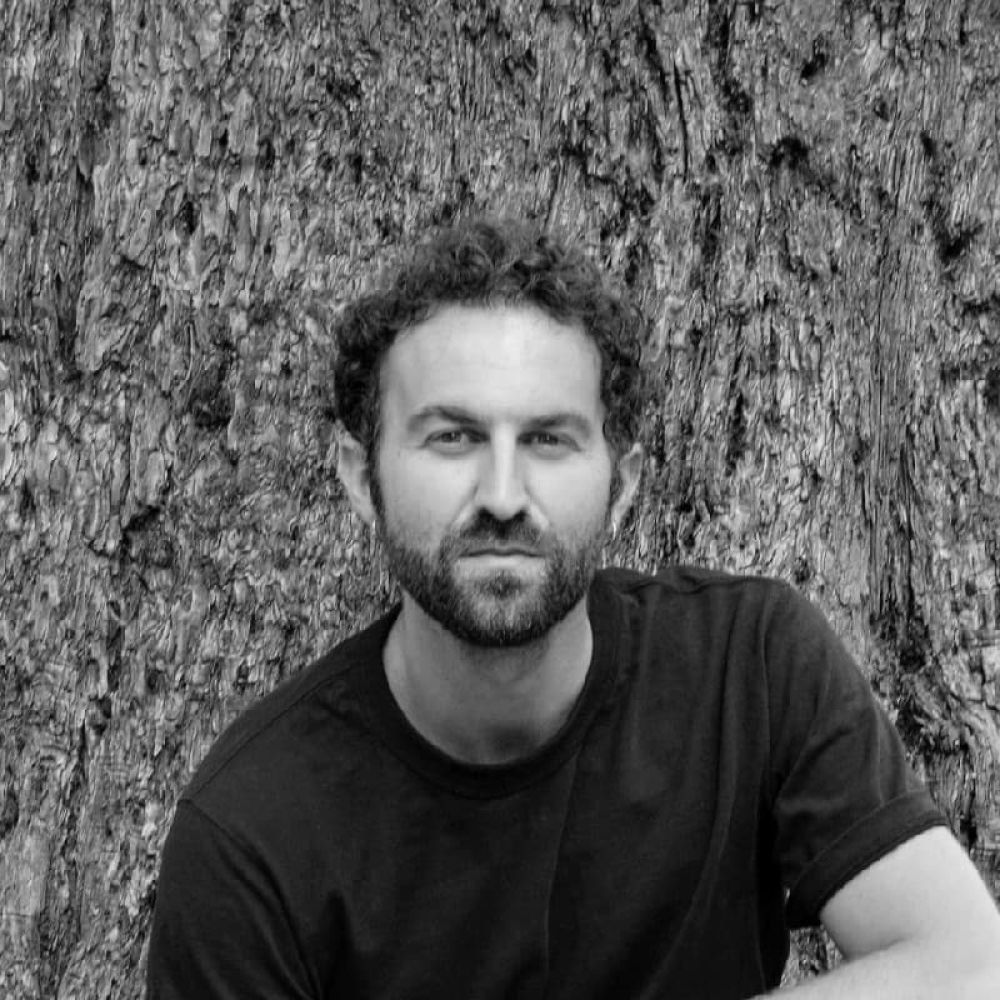
PAUL EMILIEU MARCHESSEAU
Make the former - a conventional learning environment - a lever to better understand your environment... > See more
Moving from the classroom to the public space for a different way of learning.
Make the former - a conventional learning environment - a lever to better understand your environment; develop interactions within the latter and with the entire urban region to design together; use games in public space to better discover and understand it. So many avenues for action where public space and learning come together, which Paul Emilieu will attempt to explain via a selection of projects run by Emilieu Studio.
Interior designer and architect
Paul Emilieu Marchesseau, interior designer and architect, campaigns for an integrative practice of ecology in interior architecture. He teaches in several schools (Camondo, Ensa-PB, ENSCI). In 2019, he founded Emilieu Studio, an interior architect/designer agency based in Paris. Aware of the environmental issues, digital and ethical transition our society faces, Emilieu works mainly on projects aimed at improving the conditions and relationships between man and his space.
This event is organized in partnership with the Volcano and supported by Logeo Seine and La Grande Ecole.
The program for February 1st, 2024 below :
Download the program in PDF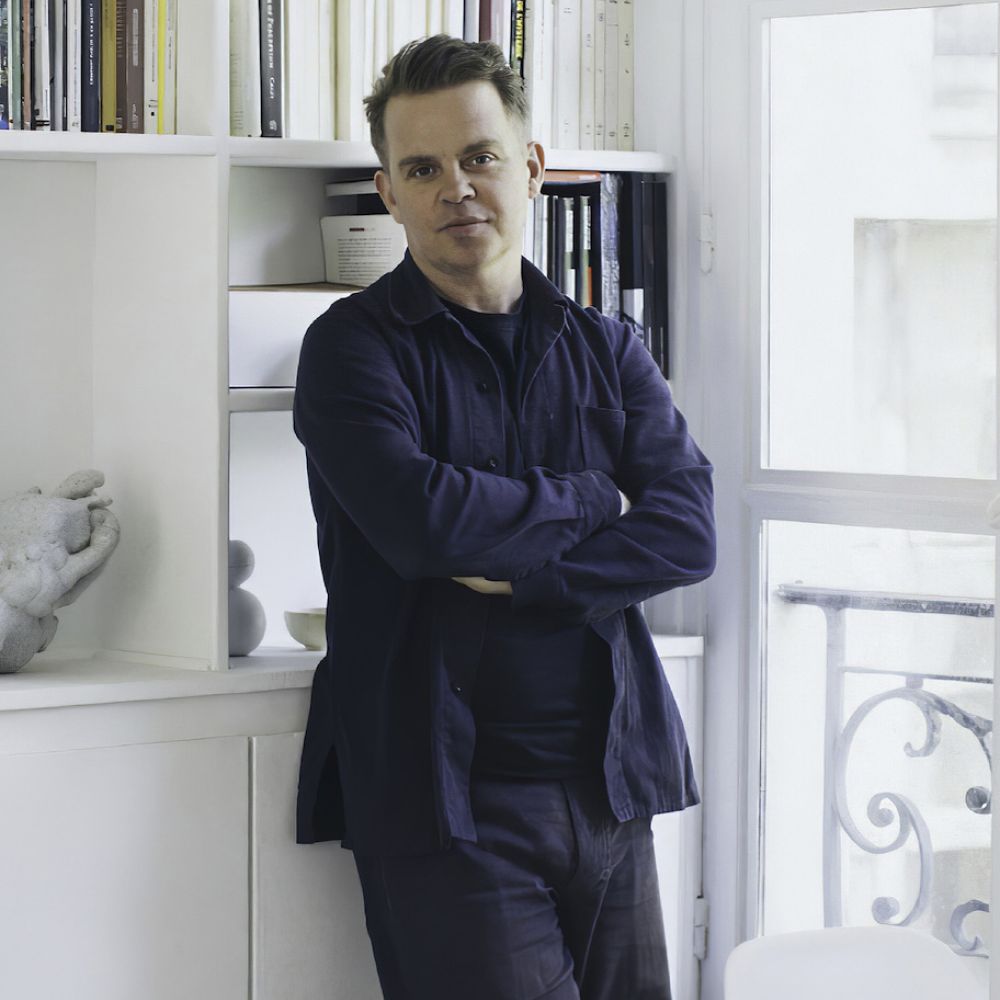
GRÉGORY CHATONSKY
Grégory Chatonsky is a French-Canadian artist. He has been creating objects between materiality and digital since 1996... > See more
Artist
THE CITY THAT DIDN'T EXIST.
The multiplication of crises linked to the accelerated degradation of terrestrial habitability, makes cities a problematic place.
Grégory Chatonsky is a French-Canadian artist. He has been creating objects between materiality and digital since 1996. He has exhibited at the Palais de Tokyo, the Centre Pompidou, the Jeu de Paume, the MOCA Taipei, the Museum of Moving Image, the Hubei Wuhan Museum. Since the mid-90s, Grégory Chatonsky has been working on the Web. Over the years, he has turned to the ability of machines to produce almost autonomously results that resemble human production. These issues have converged thanks to the artificial imagination that uses the data accumulated on the Web as learning material to produce a resemblance.
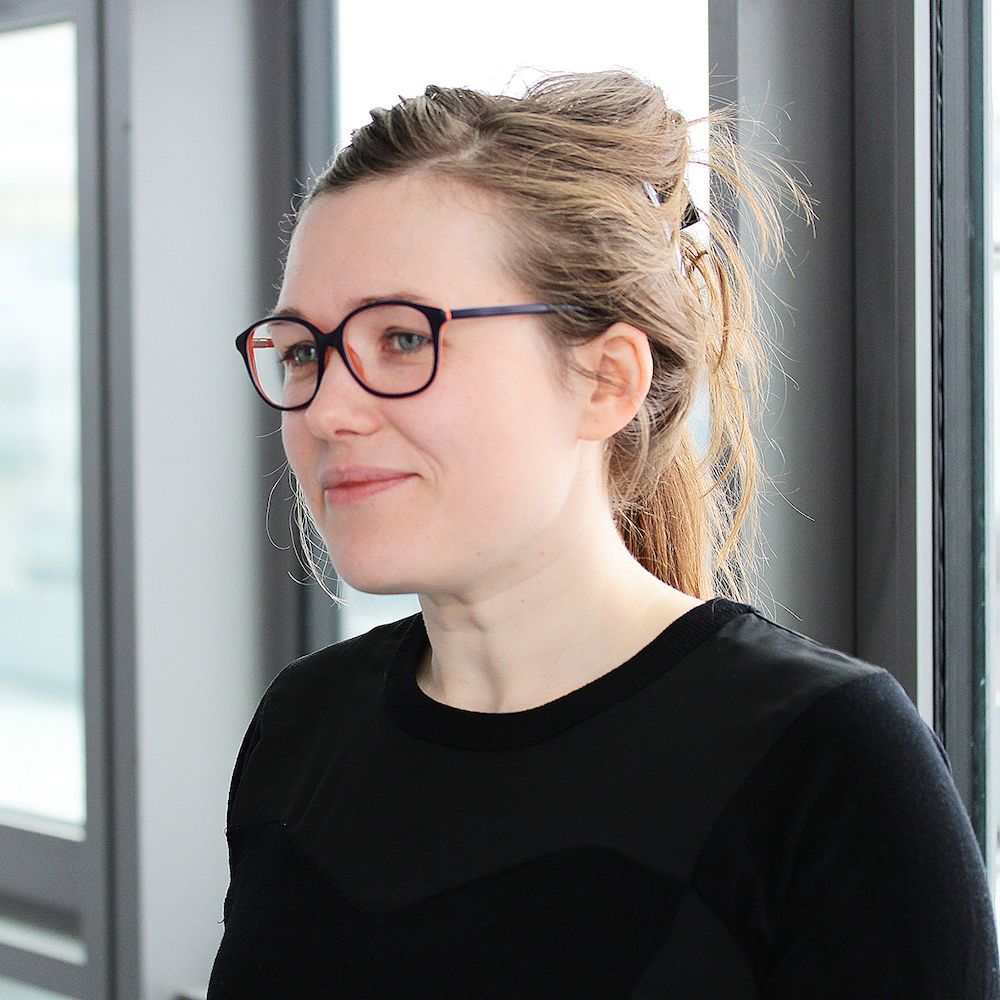
ISABELLE DAËRON
Isabelle Daëron is an artist-designer who uses natural resources to design objects... > See more
Designer
PUBLIC SPACE AS A FERTILE GROUNDFERTILE
How to imagine a work that tells the origin of the wind? How to propose a reciprocal relationship between a work and a neighbourhood in full development?
Isabelle Daëron is an artist-designer who uses natural resources to design objects connected to their environment. She uses water, wind and light to create shapes that highlight the resources available on the territory. Through her installations and projects in urban space, she questions the importance of contemporary environmental issues.
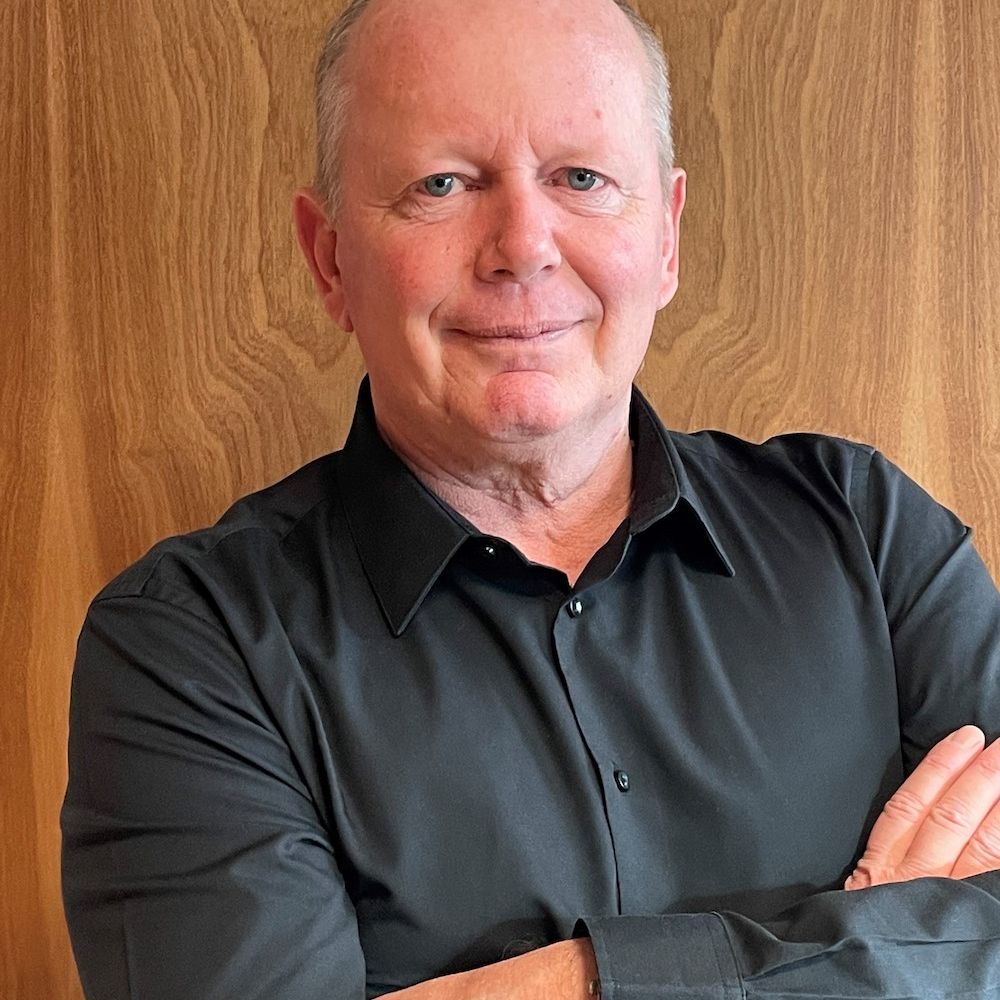
JEAN-DENIS SALESSE
Jean-Denis Salesse, DPLG architect graduated from Paris La Villette, is the founder of Ax'6 Architecture... > See more
HEAD OF THE CITIES MISSION, PORT HAROPA PORT, LE HAVRE
A PORT UTOPIA
Who was born first? The port or the city? Can one be without the other? Which of the two feeds the other?
Jean-Denis Salesse, DPLG architect graduated from Paris La Villette, is the founder of Ax'6 Architecture. He has implemented a wide range of projects, from the construction of PLU to that of container terminals, or the development of urban squares and public buildings. In charge of relations between cities and ports, he collaborates in the realization of multiple projects, such as « Réinventer la Seine et ses Canaux », "Réinventer Le Havre", the development of the Southampton Quay, the creation of the Port Center or even "Un Été Au Havre" launched during the 500th anniversary of the port city of Le Havre.
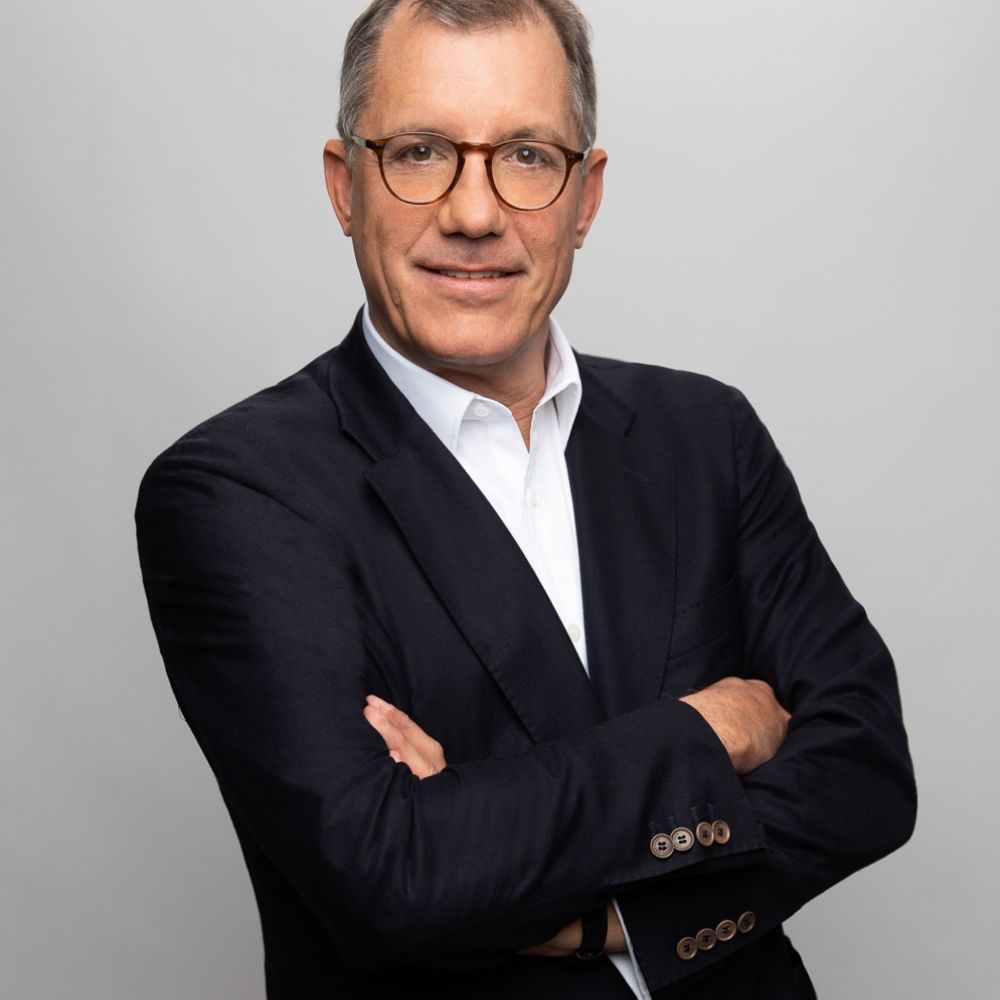
LAURENT DUMAS
Founder and Chairman of the Supervisory Board of the Emerige Real Estate Group, one of the major players in Greater Paris... > See more
CHAIRMAN OF THE SUPERVISORY BOARD OF THE EMERIGE GROUP
’1 IMMEUBLE, 1 OEUVRE’
Launched in 2015, the "1 Immeuble, 1 Œuvre" charter brings together under the aegis of the Ministry of Culture more than 70 real estate players who undertake to commission a work of art from an artist for any building built or rehabilitated.
Founder and Chairman of the Supervisory Board of the Emerige Real Estate Group, one of the major players in Greater Paris. Laurent Dumas is a passionate collector and a patron committed to the defense of the French art scene. In 2014, he created the "Bourse Révélations Emerige", a real springboard for young French artistic creation. He is also at the initiative of the program "1 Building, 1 Work" under the aegis of the Ministry of Culture, one of the most ambitious artistic commission programs in France.He is Chairman of the Emerige Endowment Fund and Chairman of the Board of Directors of the Palais de Tokyo.
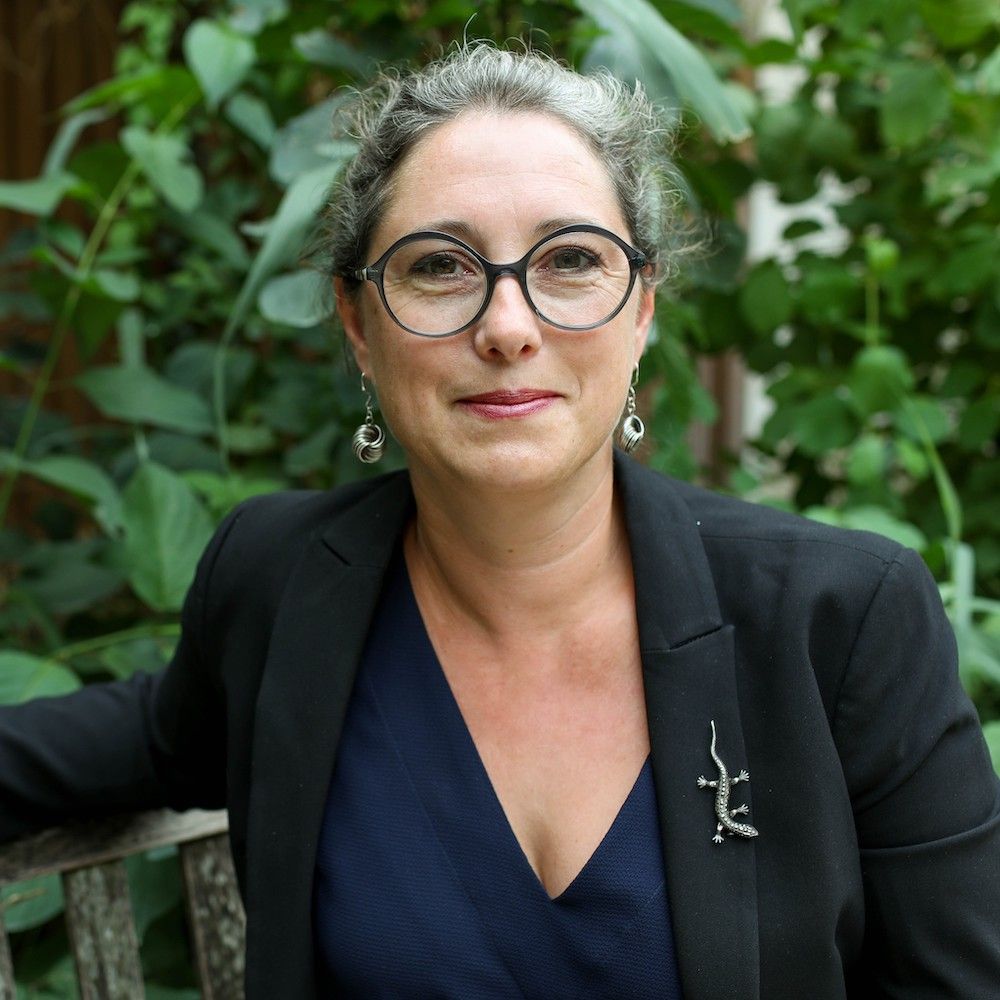
LUCIE MARINIER
Professor and researcher, her research focuses on art in public space, the organization and missions... > See more
PROFESSOR OF THE NATIONAL CONSERVATORY OF ARTS AND CRAFTS
LIFE AND DEATH OF A WORK IN THE PUBLIC SPACE
Questioning the time and spaces of works in public space. How are works of art chosen, produced and lived in the public space?
Professor and researcher, her research focuses on art in public space, the organization and missions of museums and sustainable development in the cultural field. Lucie Marinier was Director of Cultural Affairs for the City of Créteil. For the City of Paris, she led the reform of artistic teaching and amateur practices, then the performing arts office. She was also advisor for culture in the office of the mayor of Paris, Bertrand Delanoë, secretary general of the Museum of Modern Art and co-director general of the Carreau du Temple.
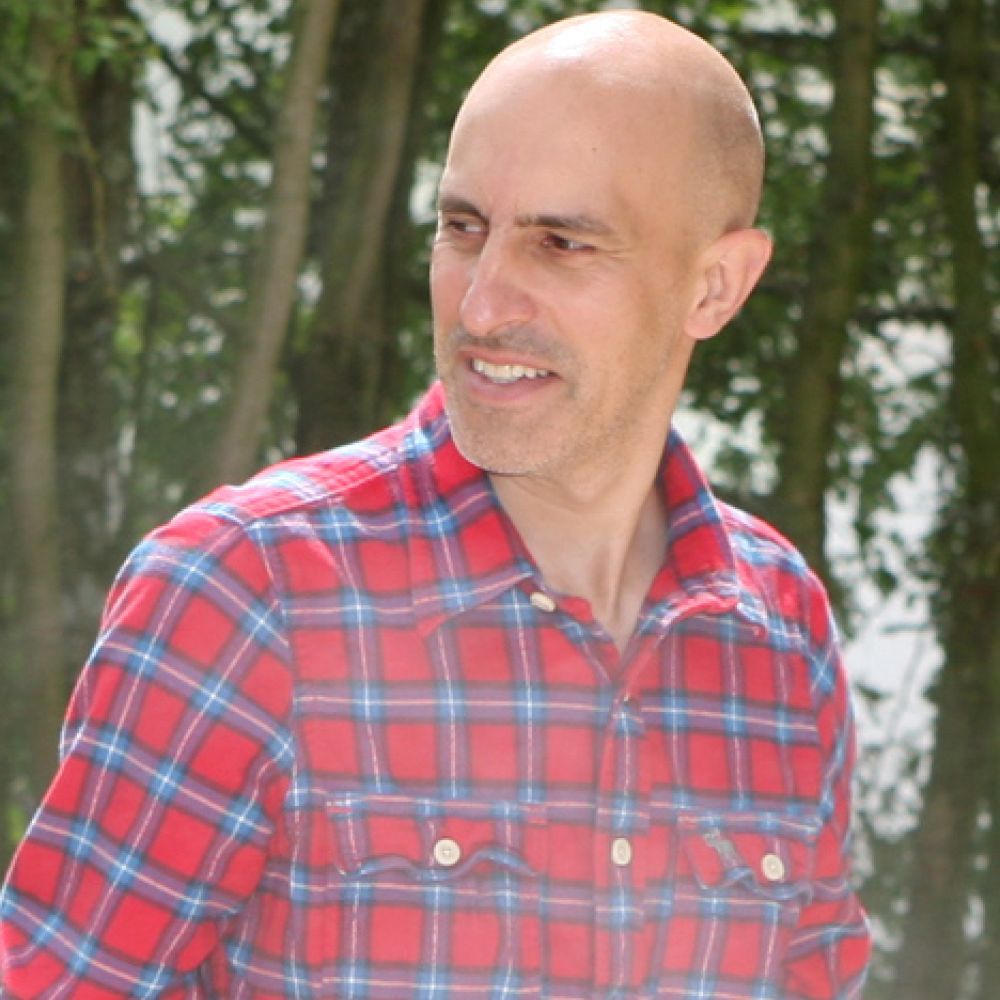
PASCAL YONET
Since 2008, Pascal Yonet has directed the association Vent des Forêts in the Meuse department, a contemporary art center... > See more
DIRECTOR OF THE ASSOCIATION VENT DES FORÊTS
WHEN ART INVESTS AGRICULTURAL AND FOREST TERRITORIES
How art makes it possible to federate a community of inhabitants and communes on kilometers of forest roads.
Since 2008, Pascal Yonet has directed the association Vent des Forêts in the Meuse department, a contemporary art center of national interest dedicated to research, production and artistic dissemination in agricultural and forest areas. A philosopher by training, he was deputy director of the Centre national de l'édition et de l'art imprimé (Cneai - Chatou) from 2001 to 2008.
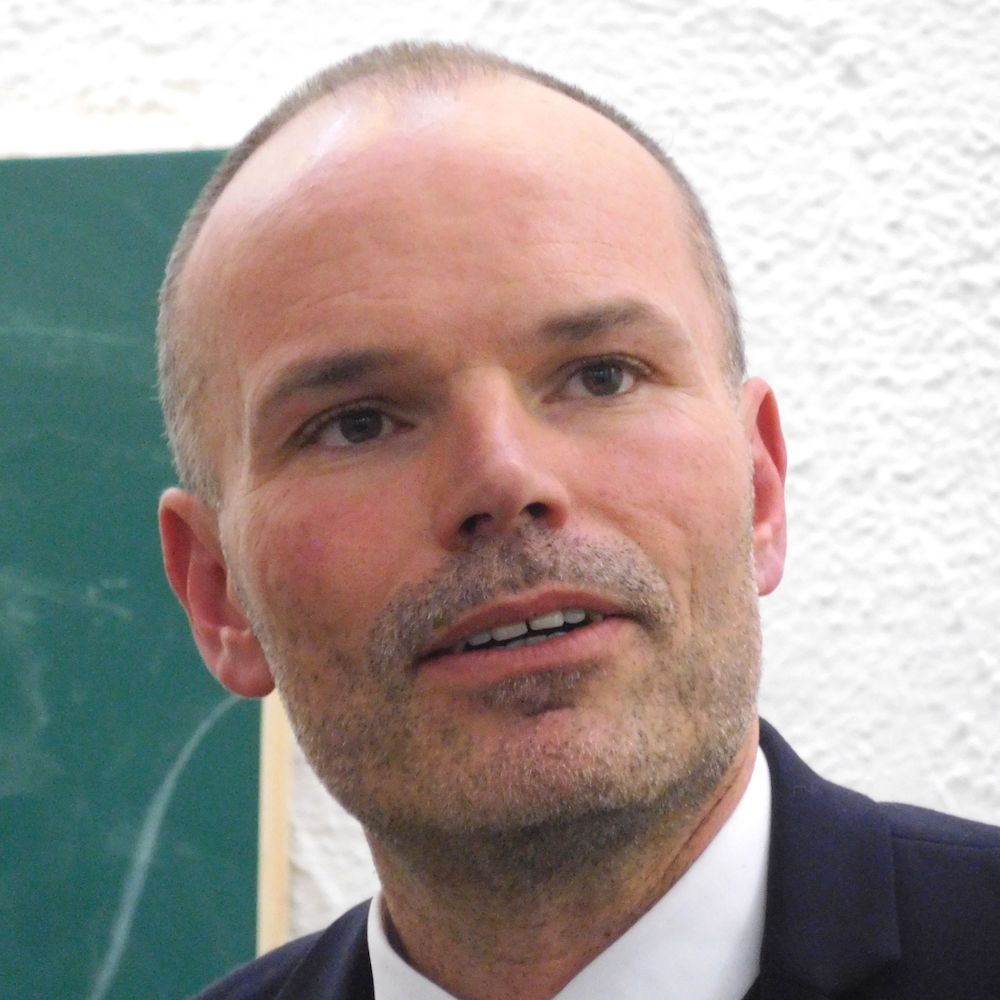
PETER GORSCHLÜTER
Art historian and curator. After eight years as Deputy Director of the Museum of Modern Art in Frankfurt... > See more
DIRECTOR OF THE FOLKWANG MUSEUM, ESSEN
WHEN THE MUSEUM BECOMES A COMMUNITY
In the summer of 2022, Peter Gorschlüter created the Folkwang and the City festival, with the idea of extending the museum throughout the city of Essen to the different communities that make it up, involving public authorities and associations, entrepreneurs and traders, designers and activists, urban planners and elected officials, humanitarian organizations and foundations, local actors and artists. This dialogue has generated many projects that question, each on their own scale, the future of the city...
Art historian and curator. After eight years as Deputy Director of the Museum of Modern Art in Frankfurt, he has been director of the Folkwang Museum Essen since 2018. In 2021, he received an honorary chair "Art and the Public" at Folkwang University of the Arts.
This event is organized in partnership with the Volcano and supported by Emerige Group.
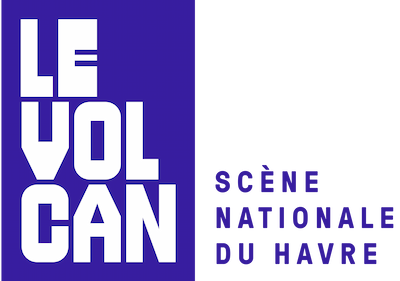
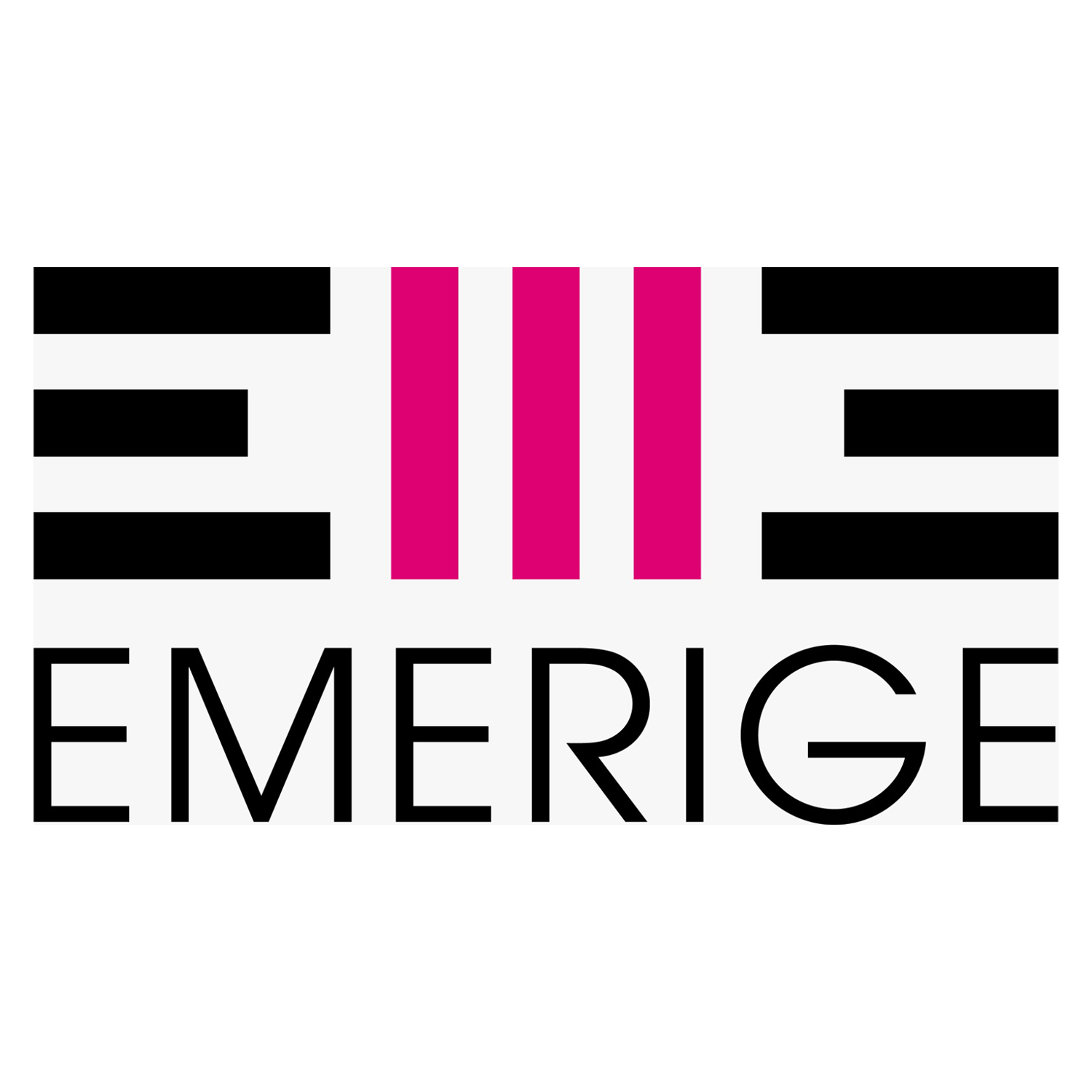
The program for February 3, 2023 below :
Download the program in pdf